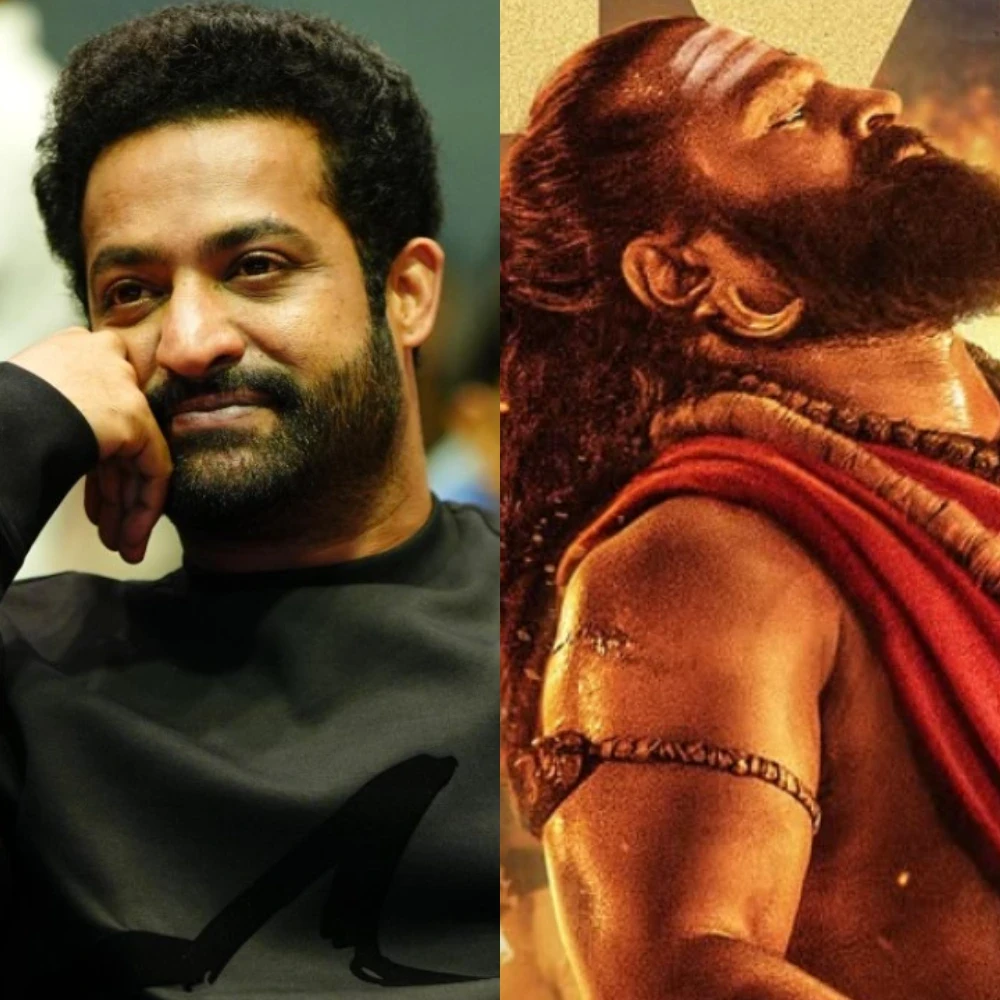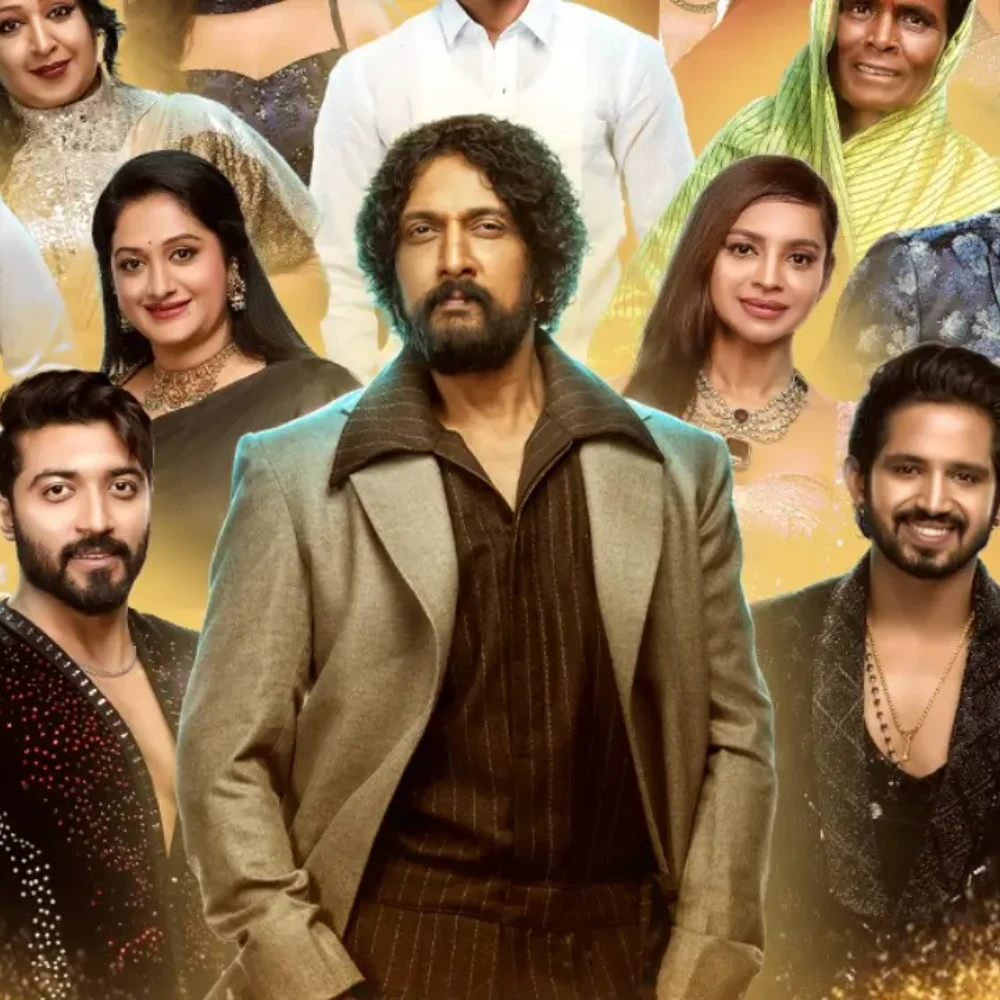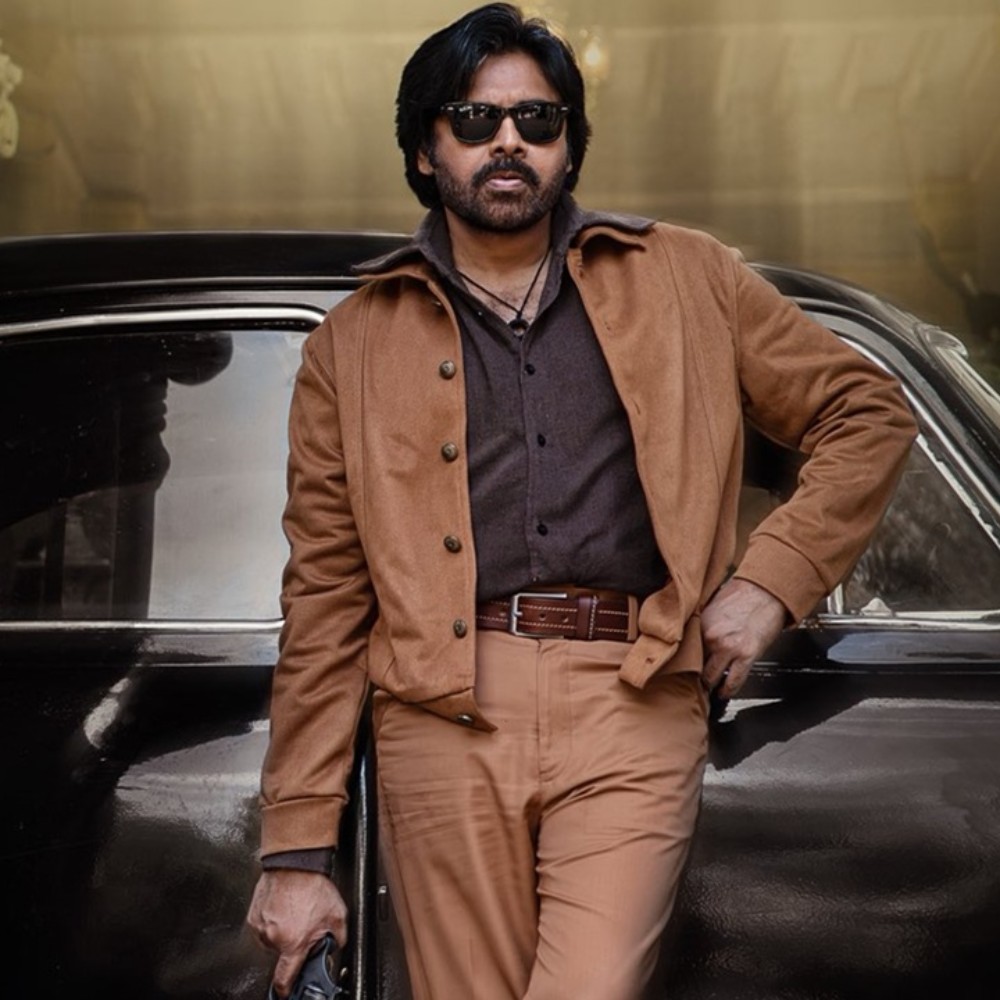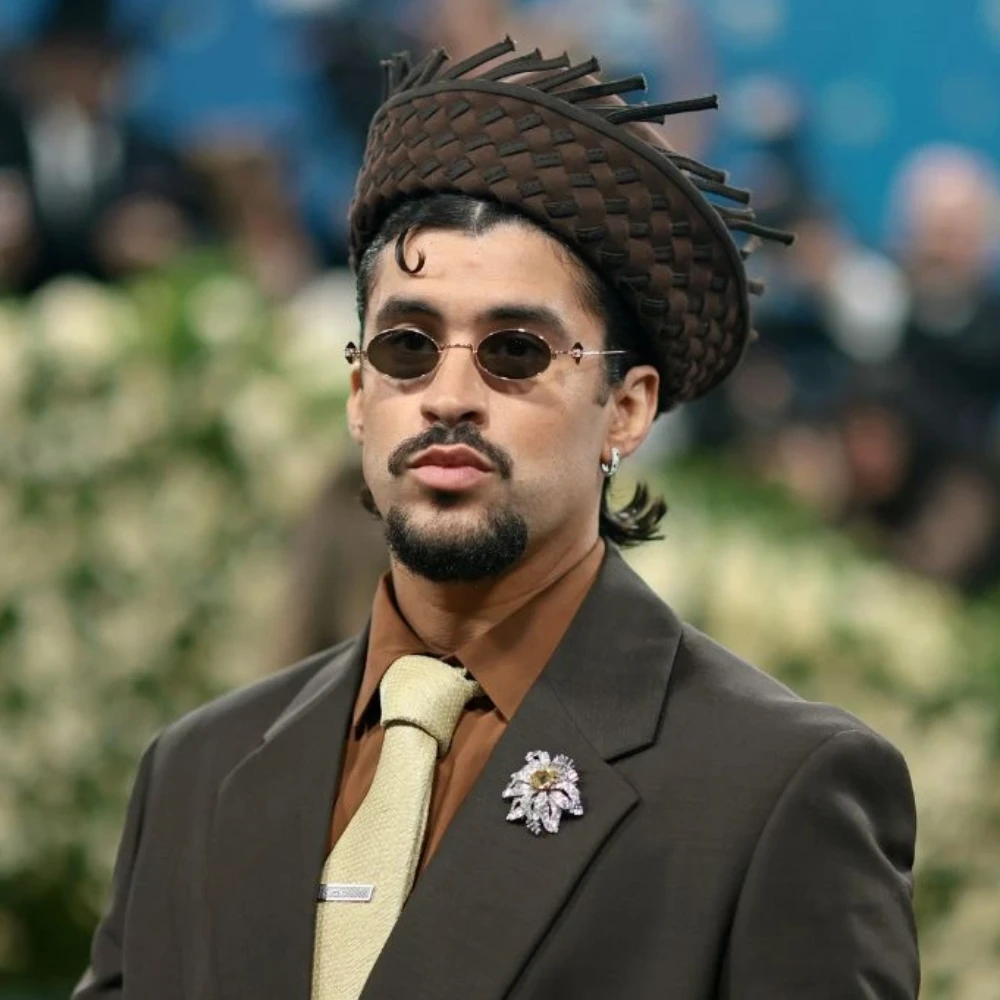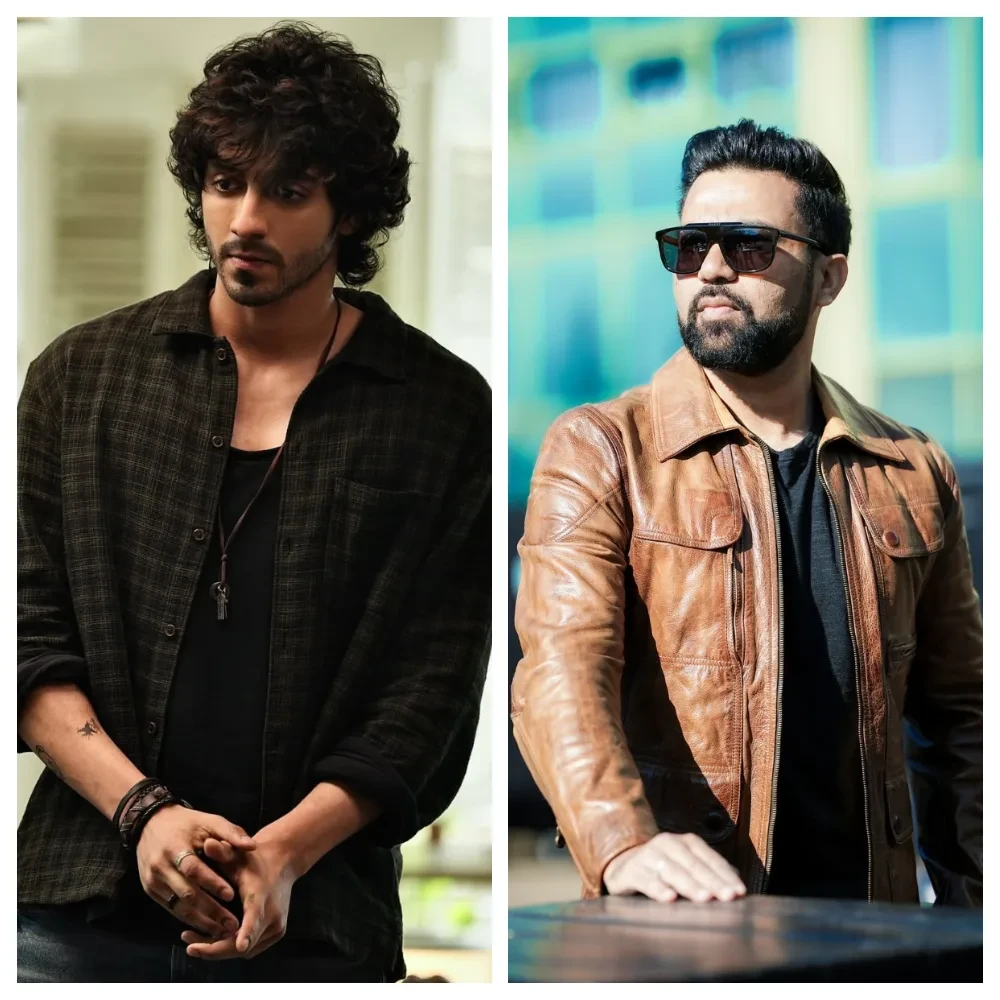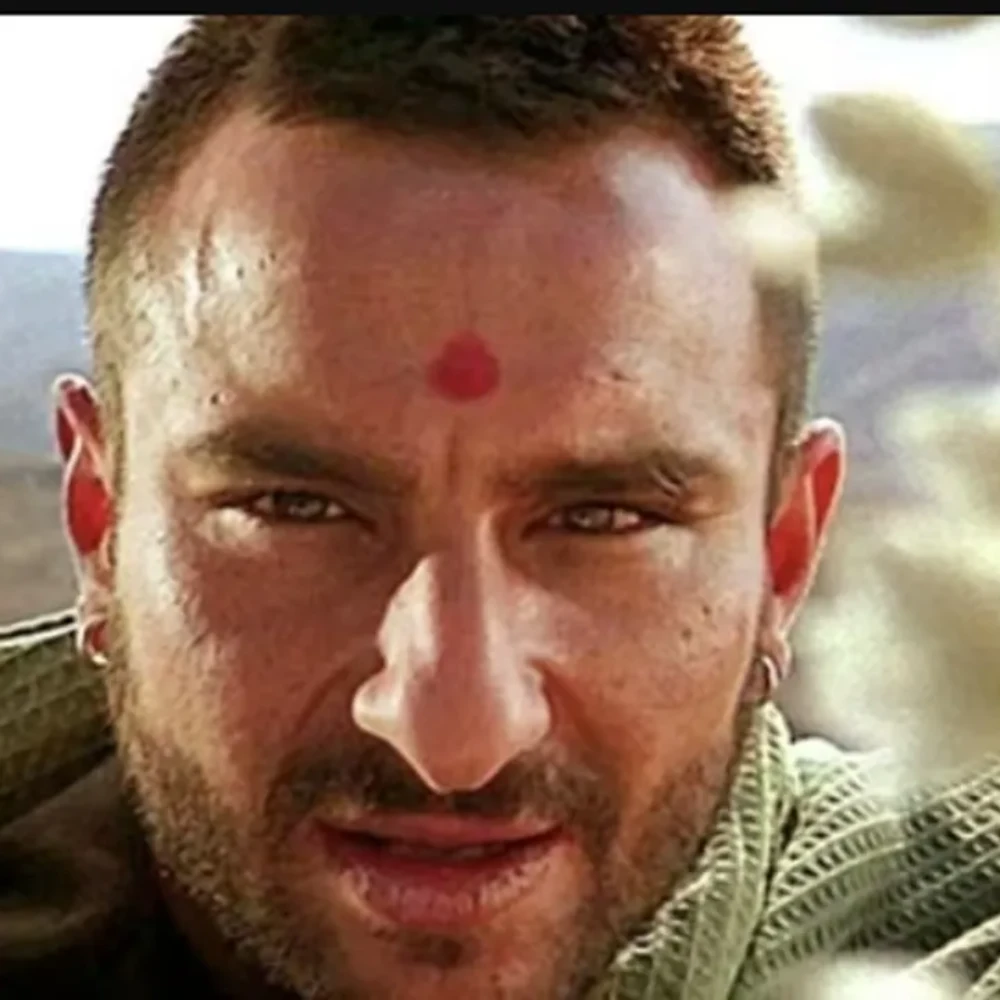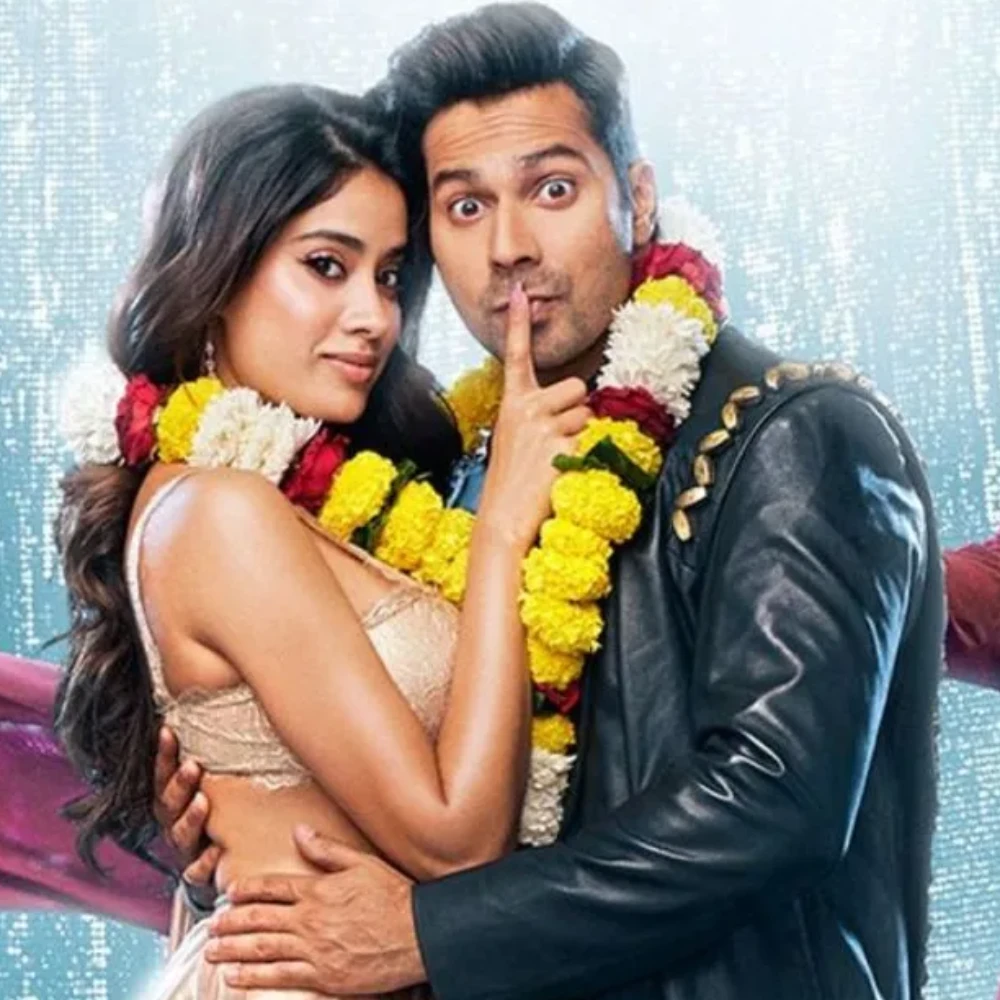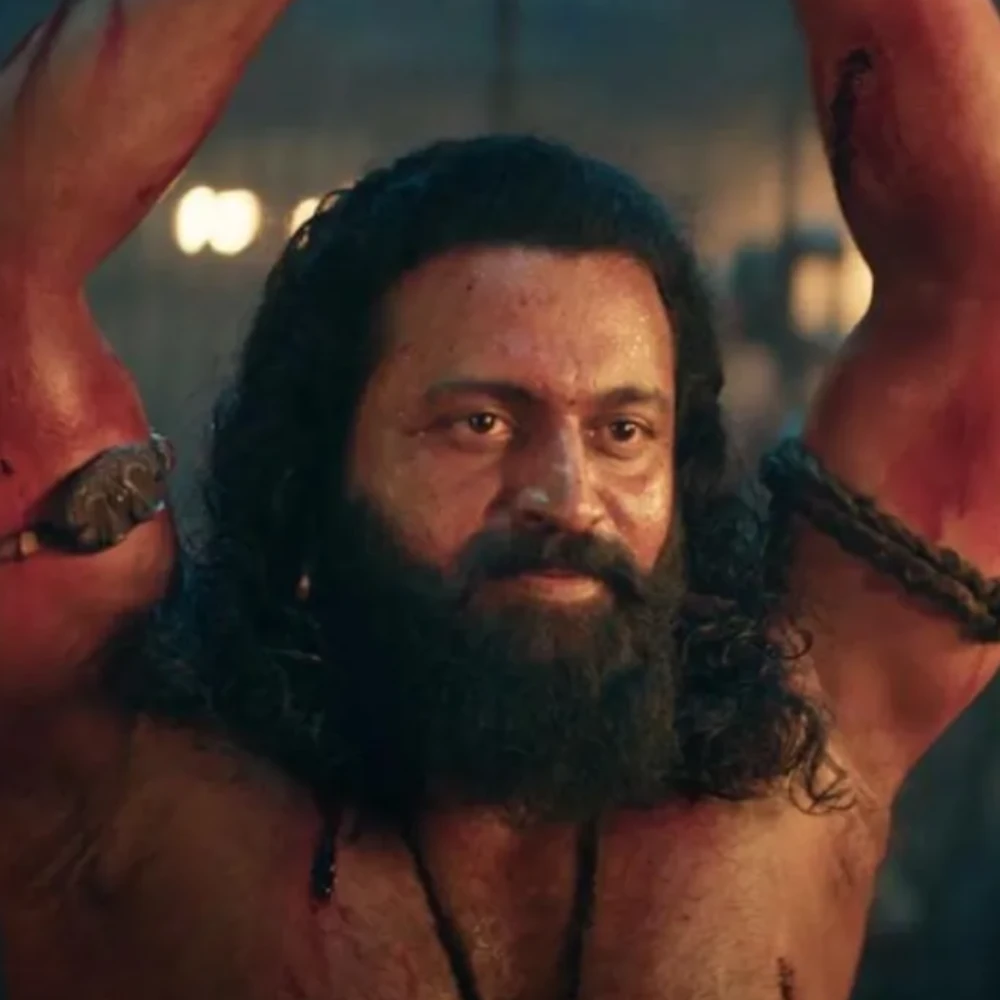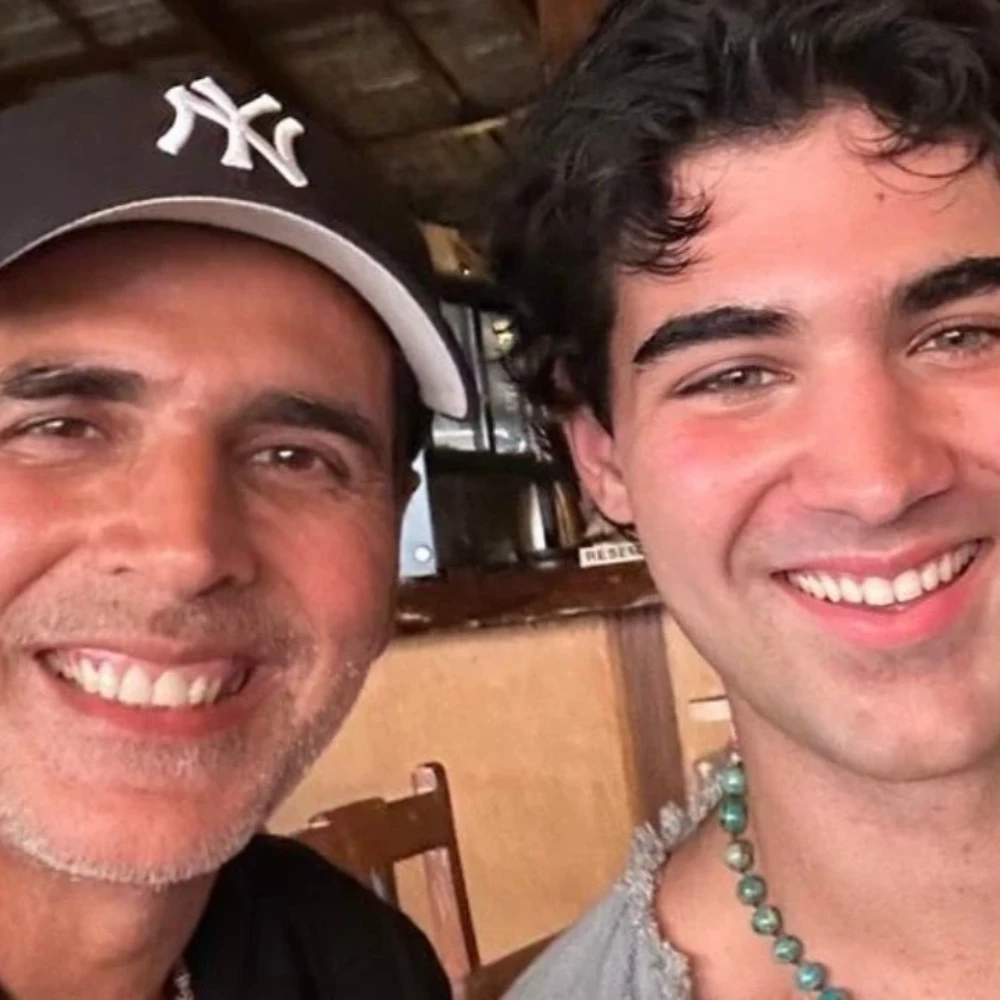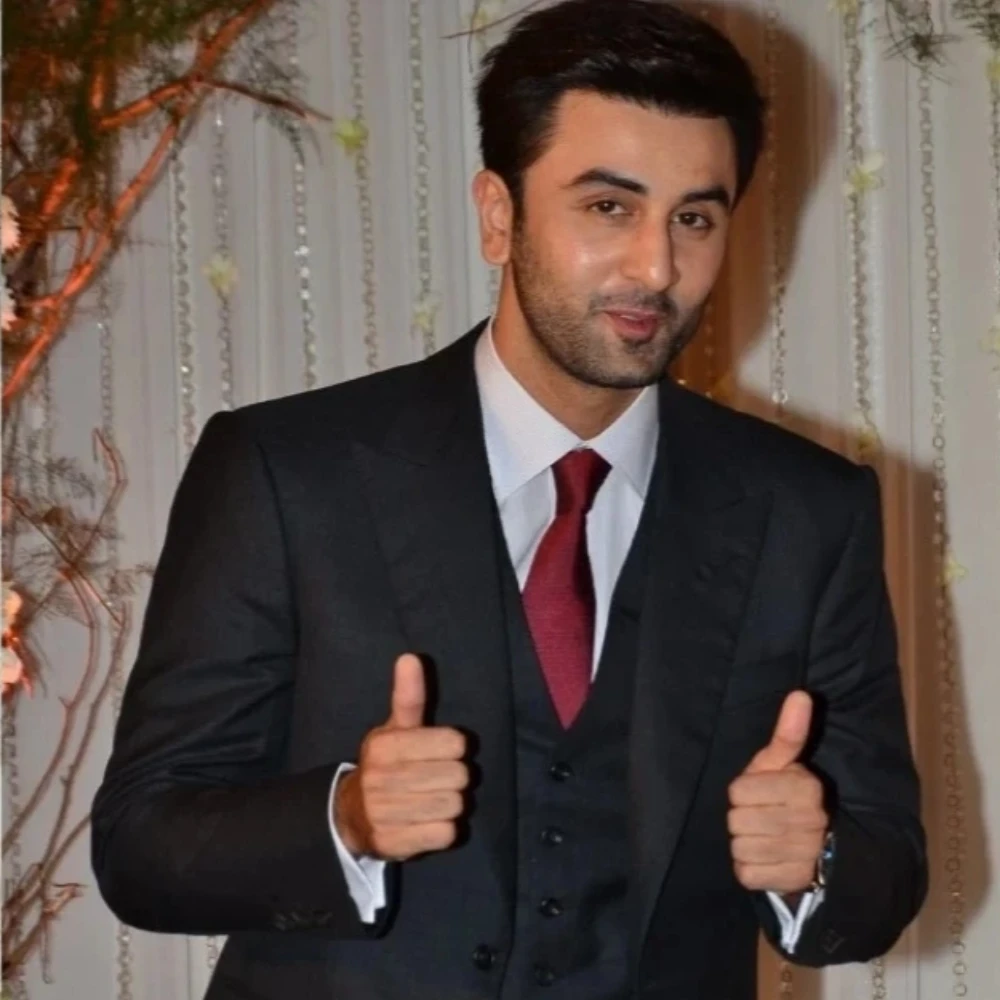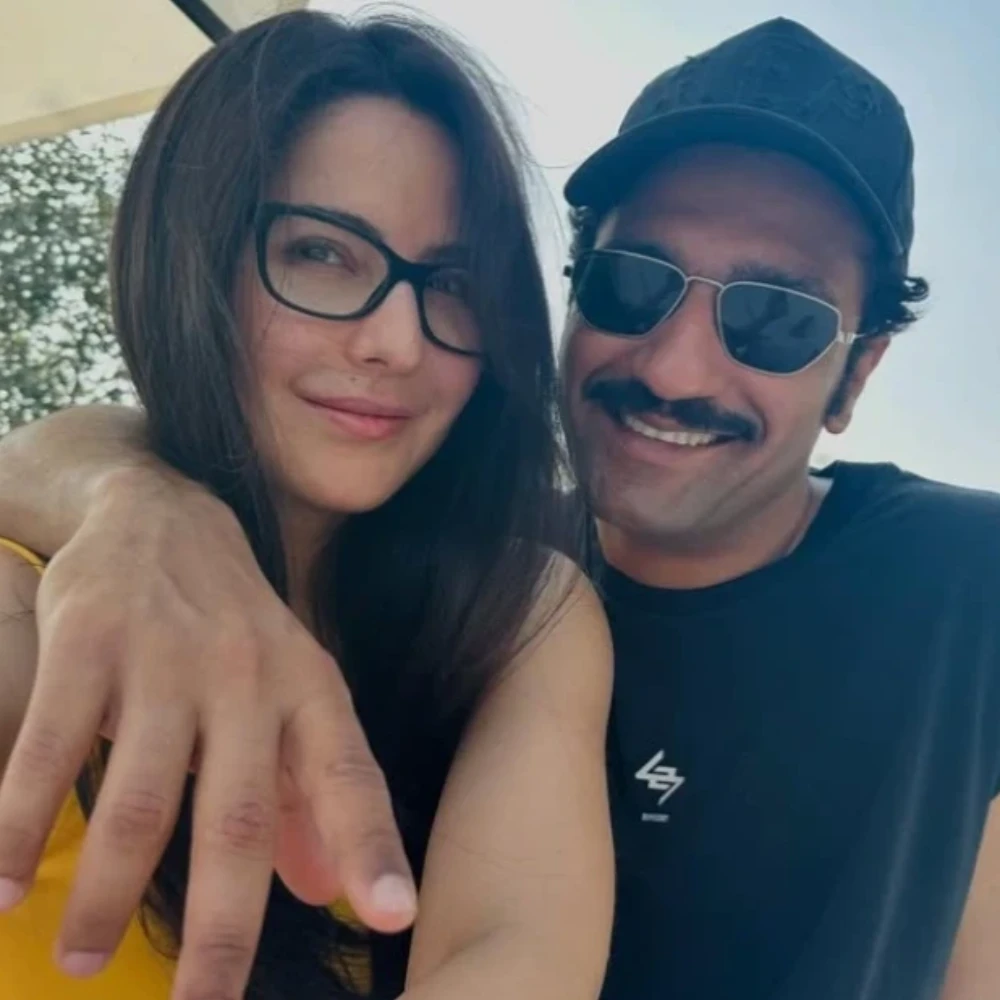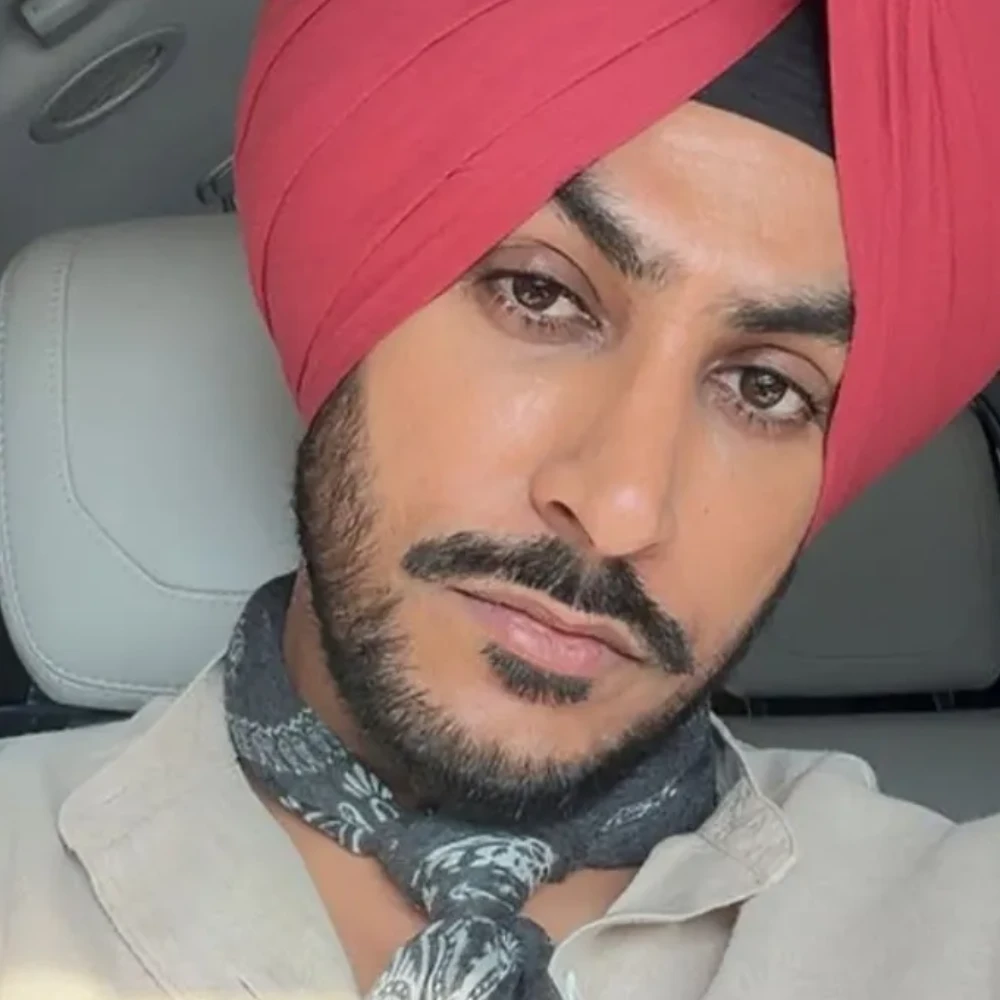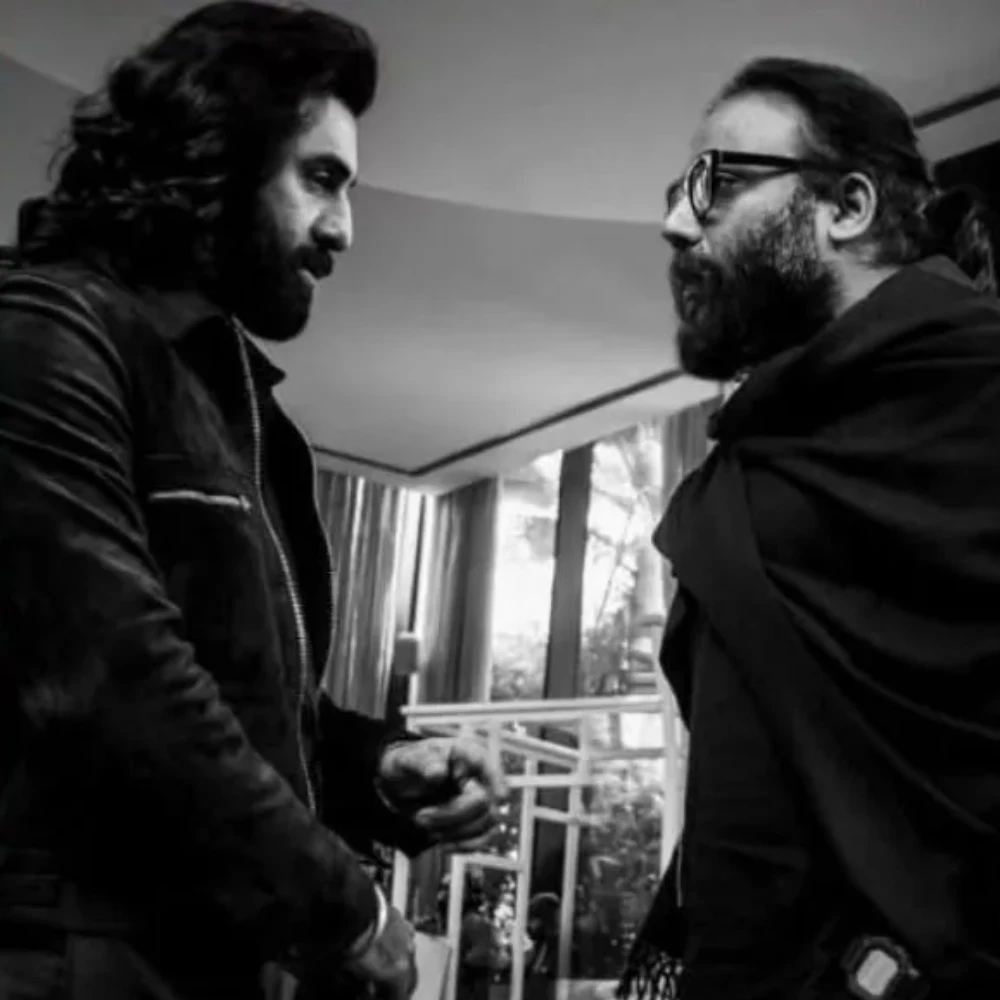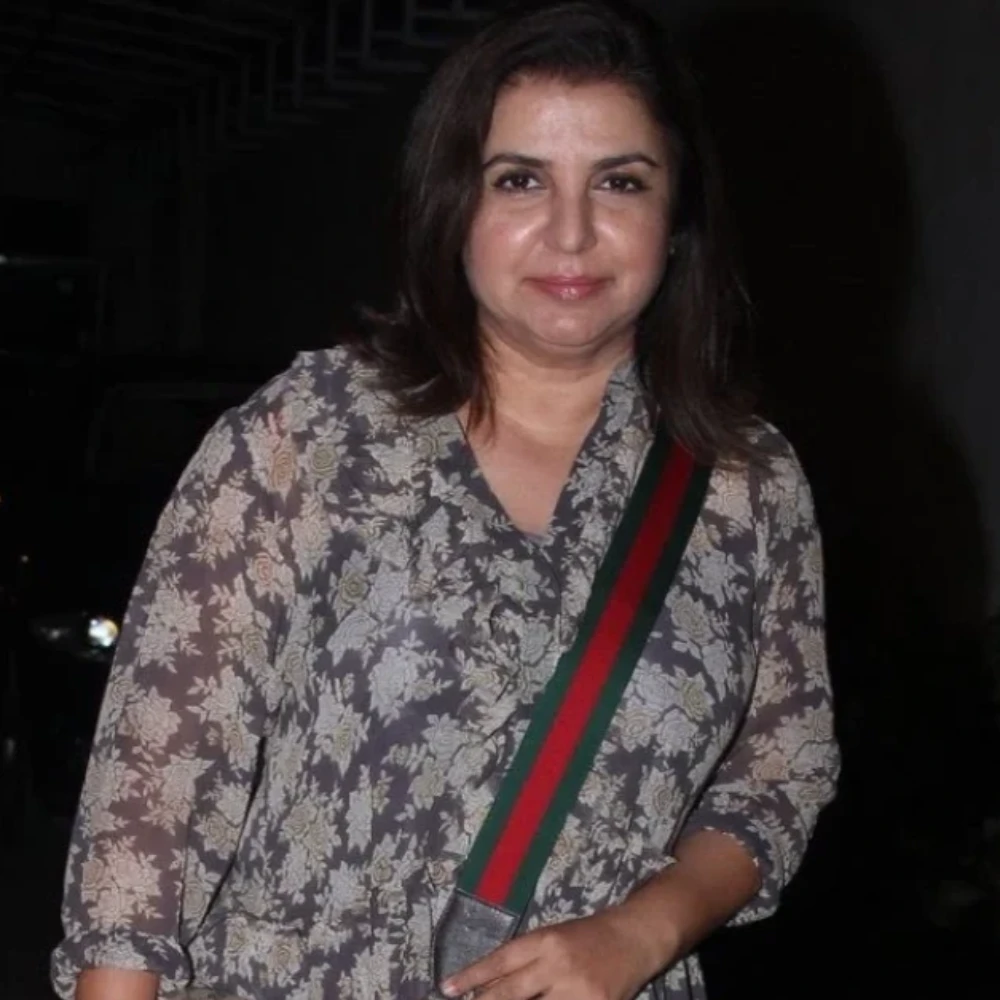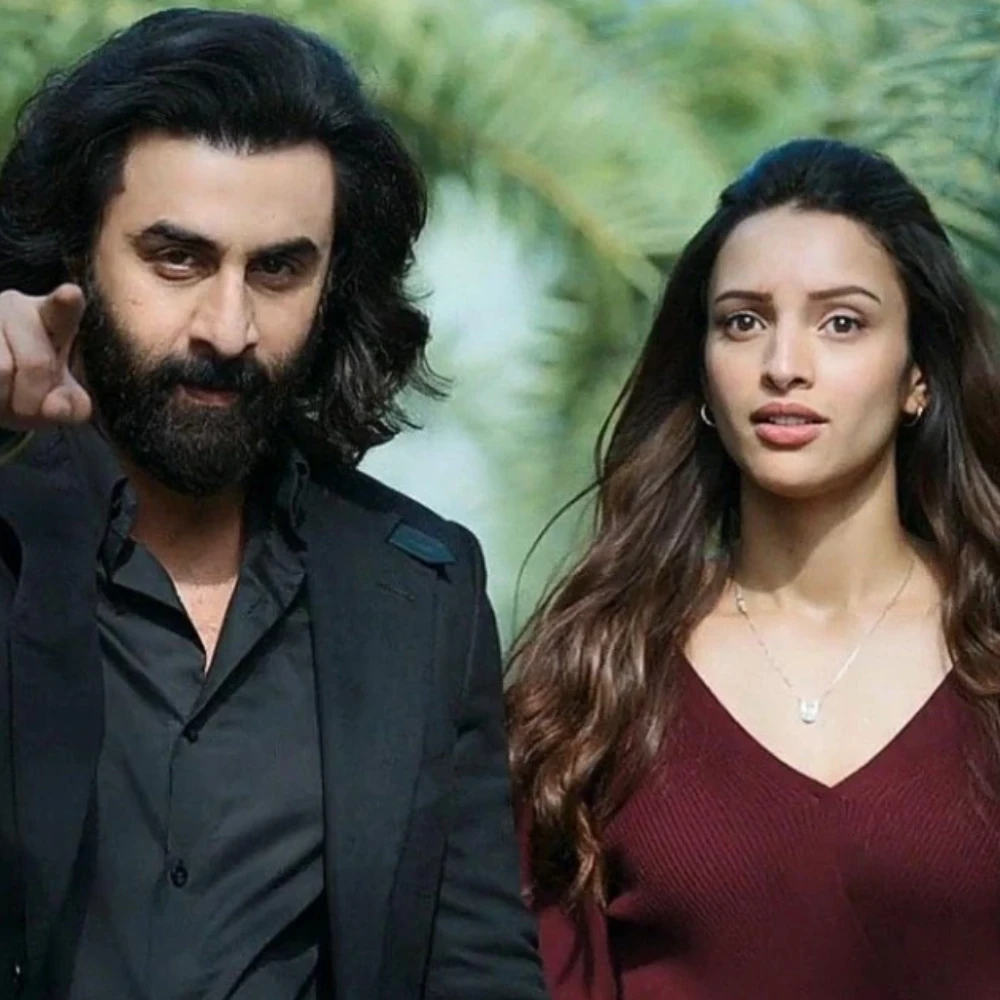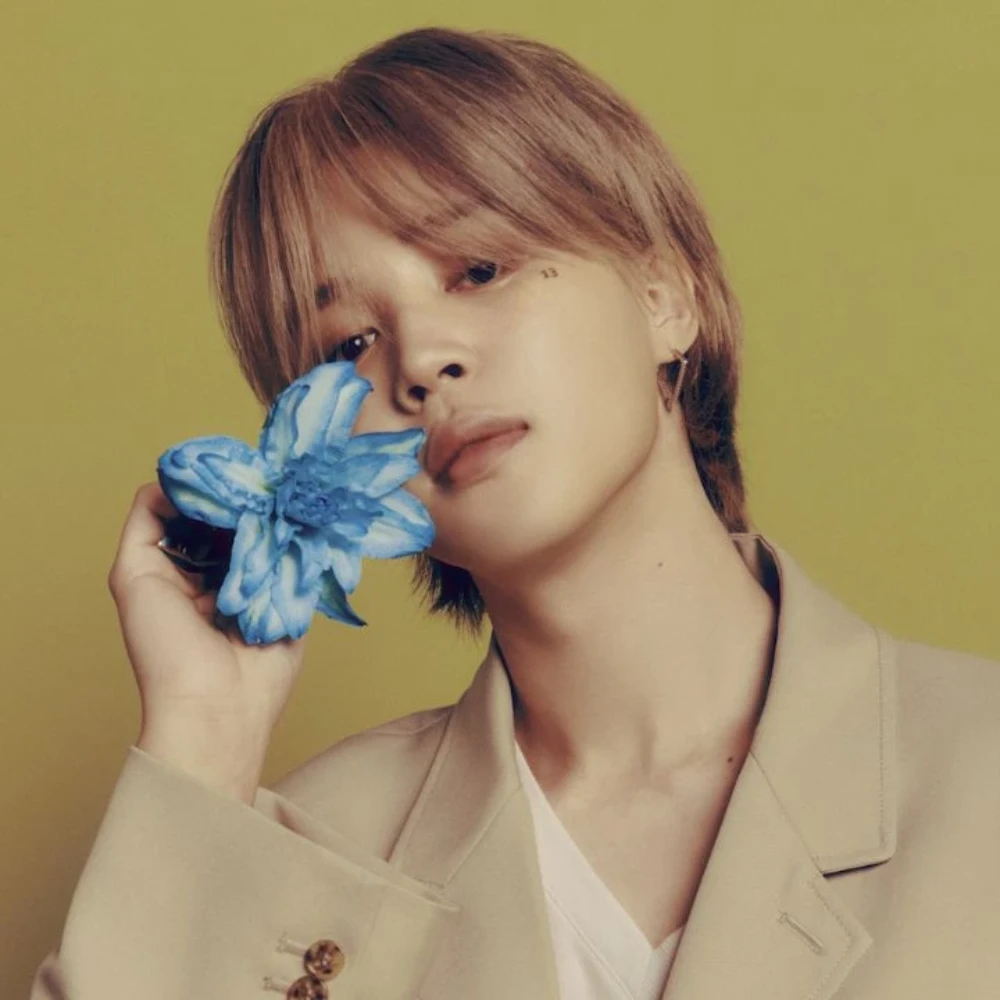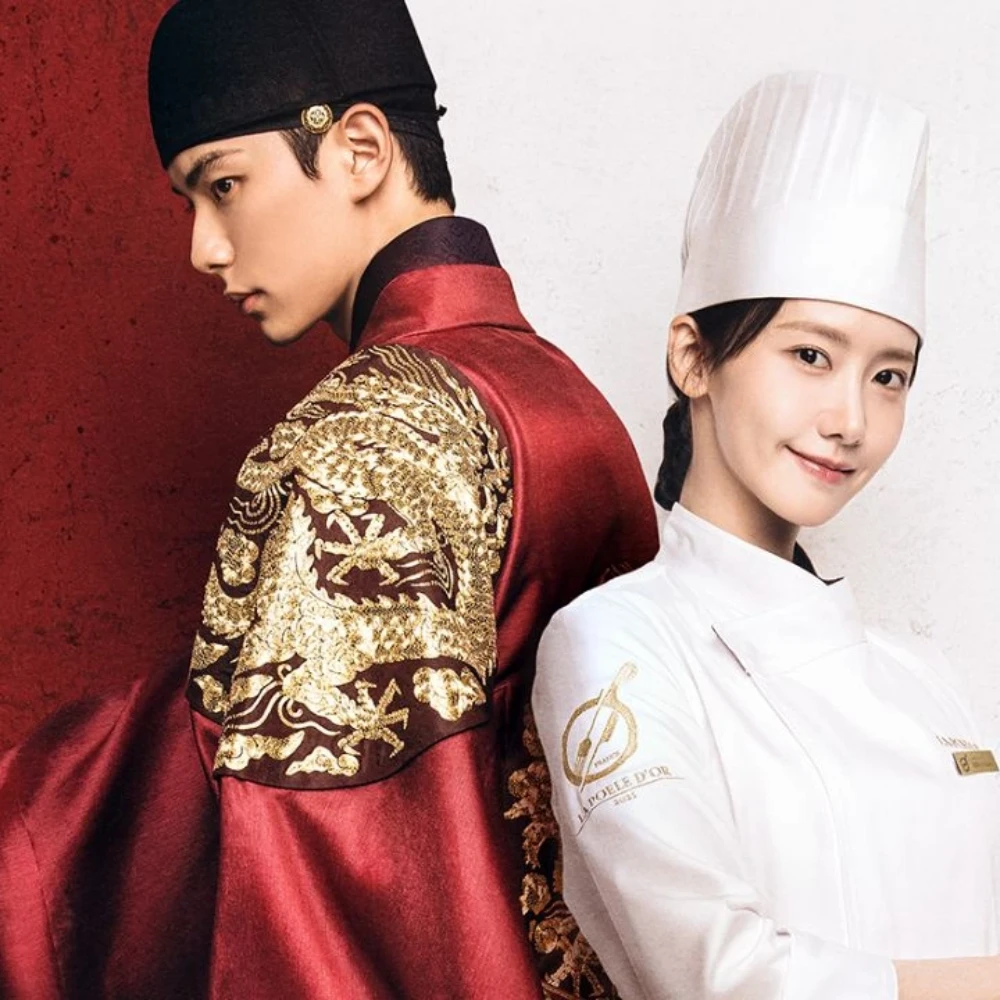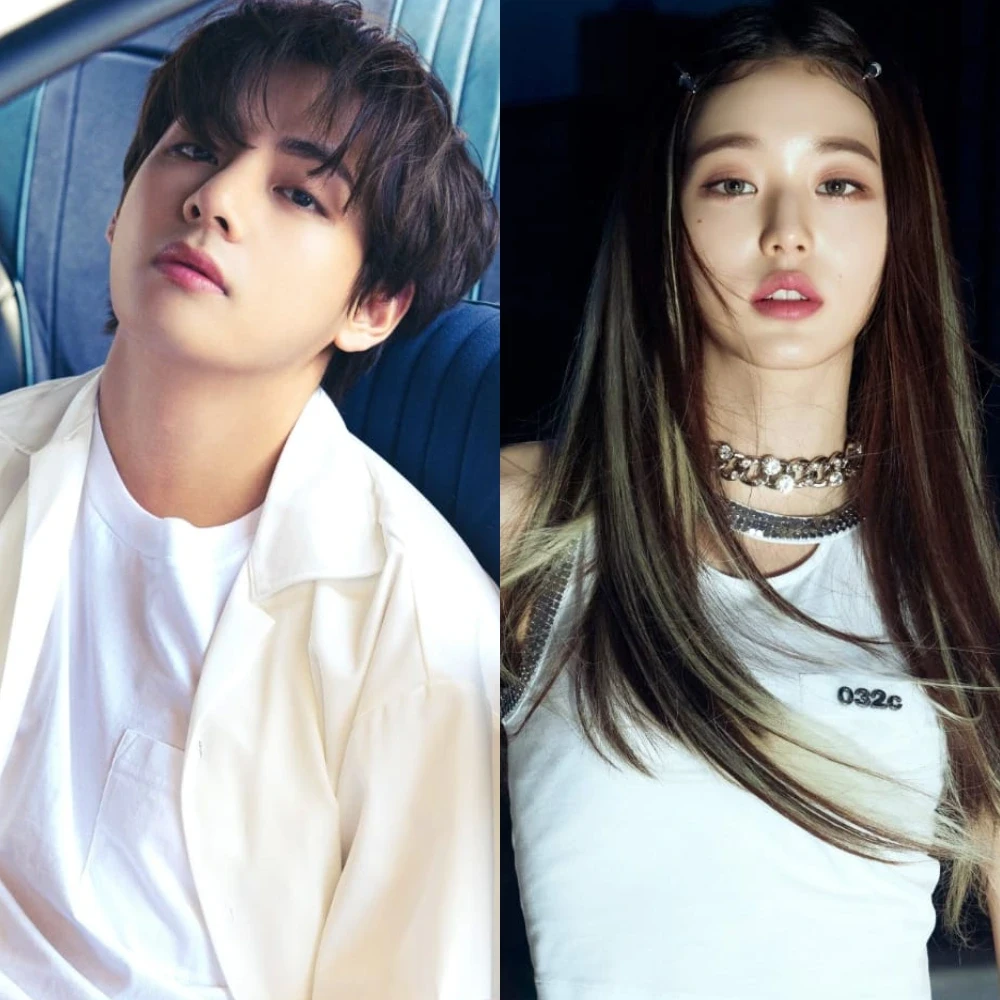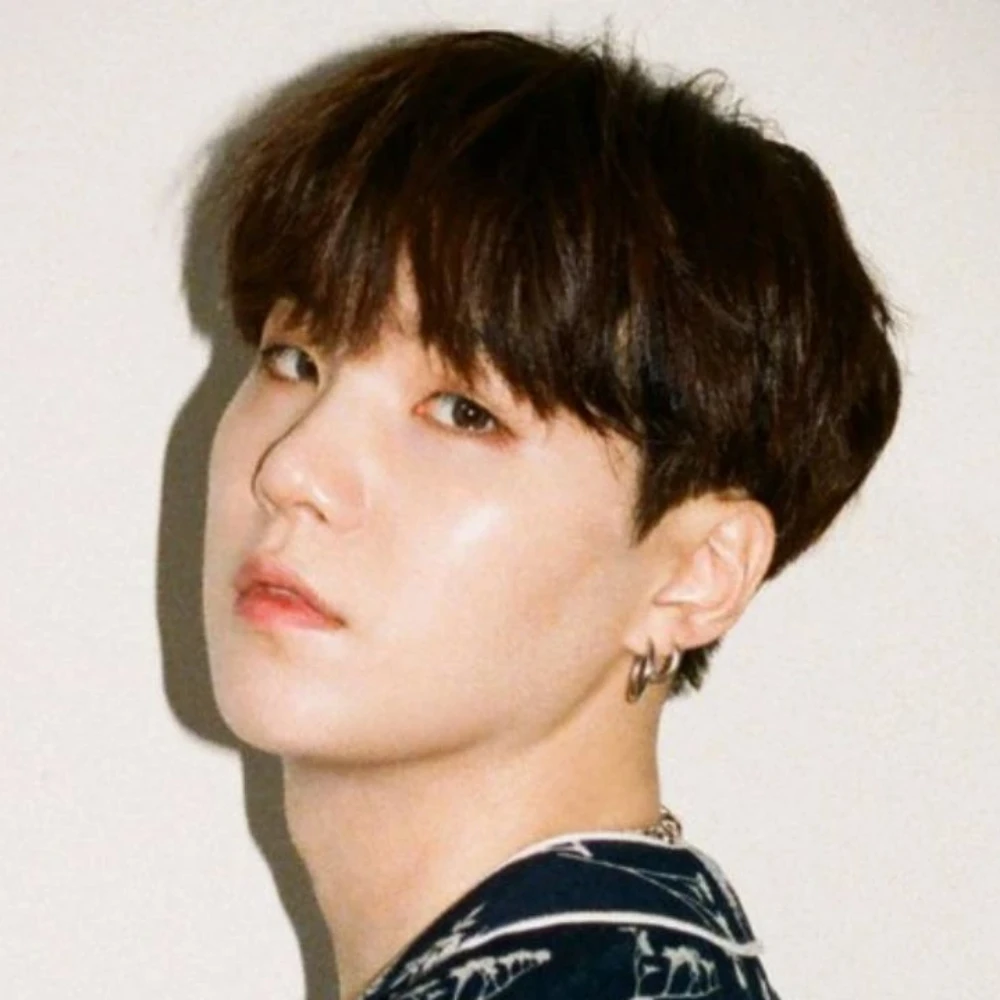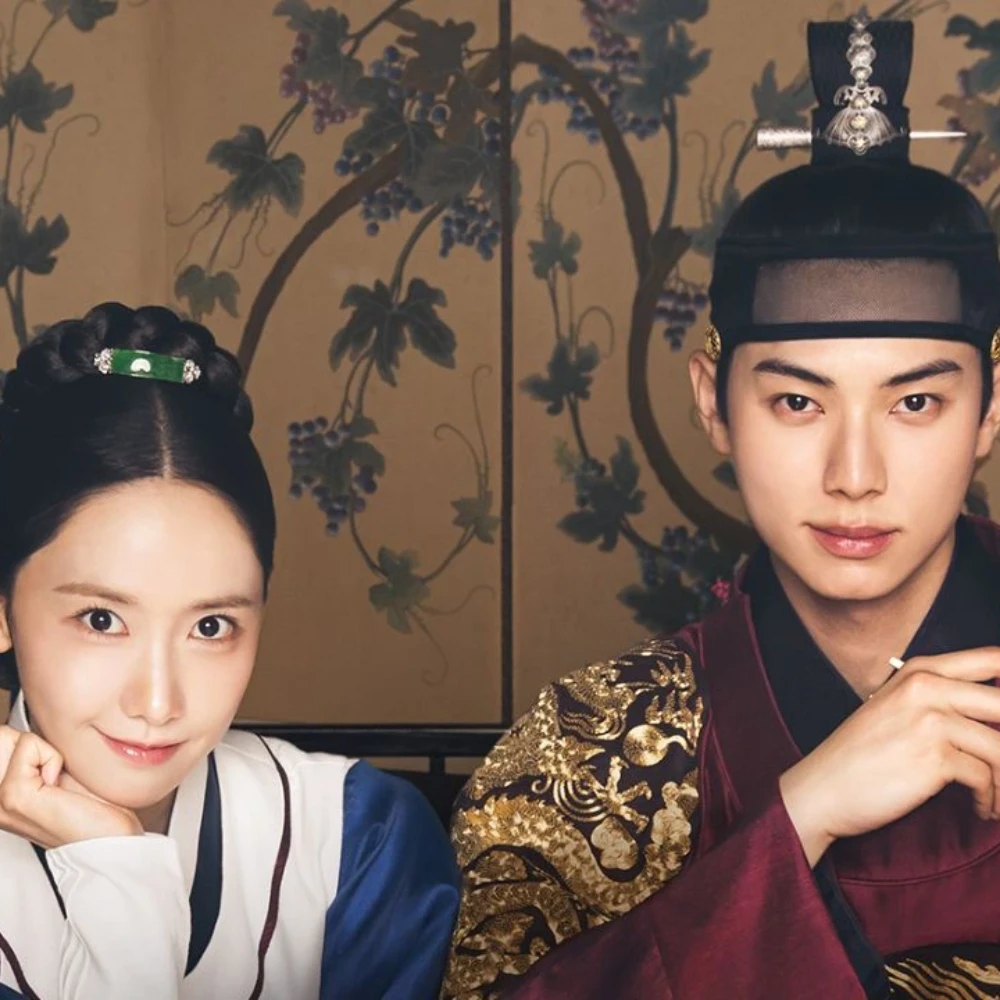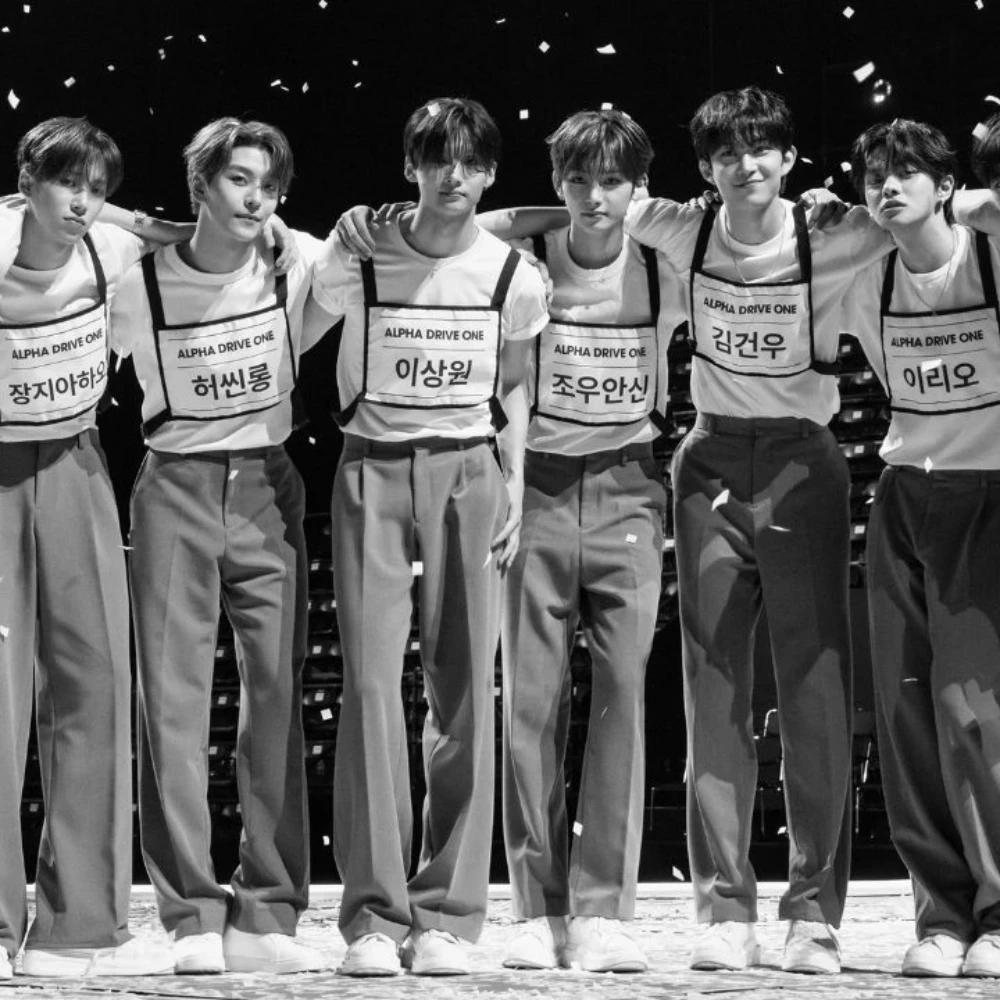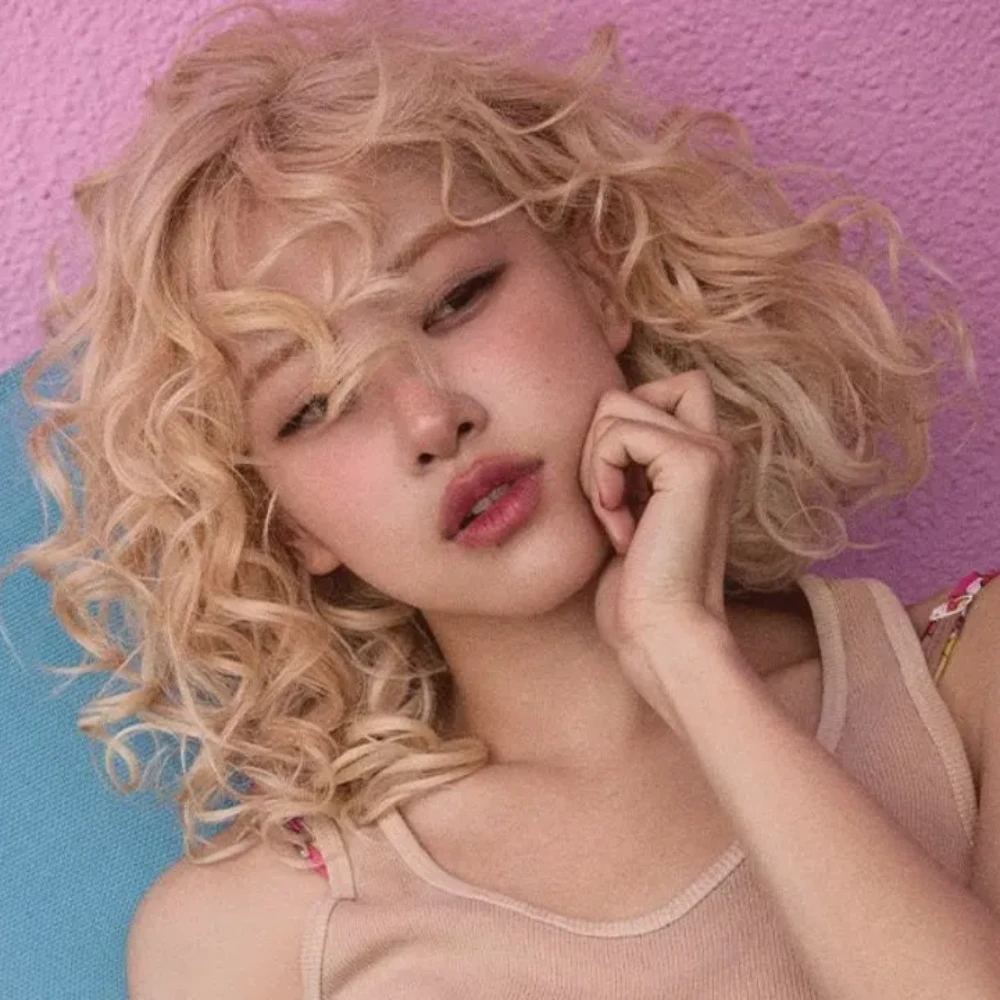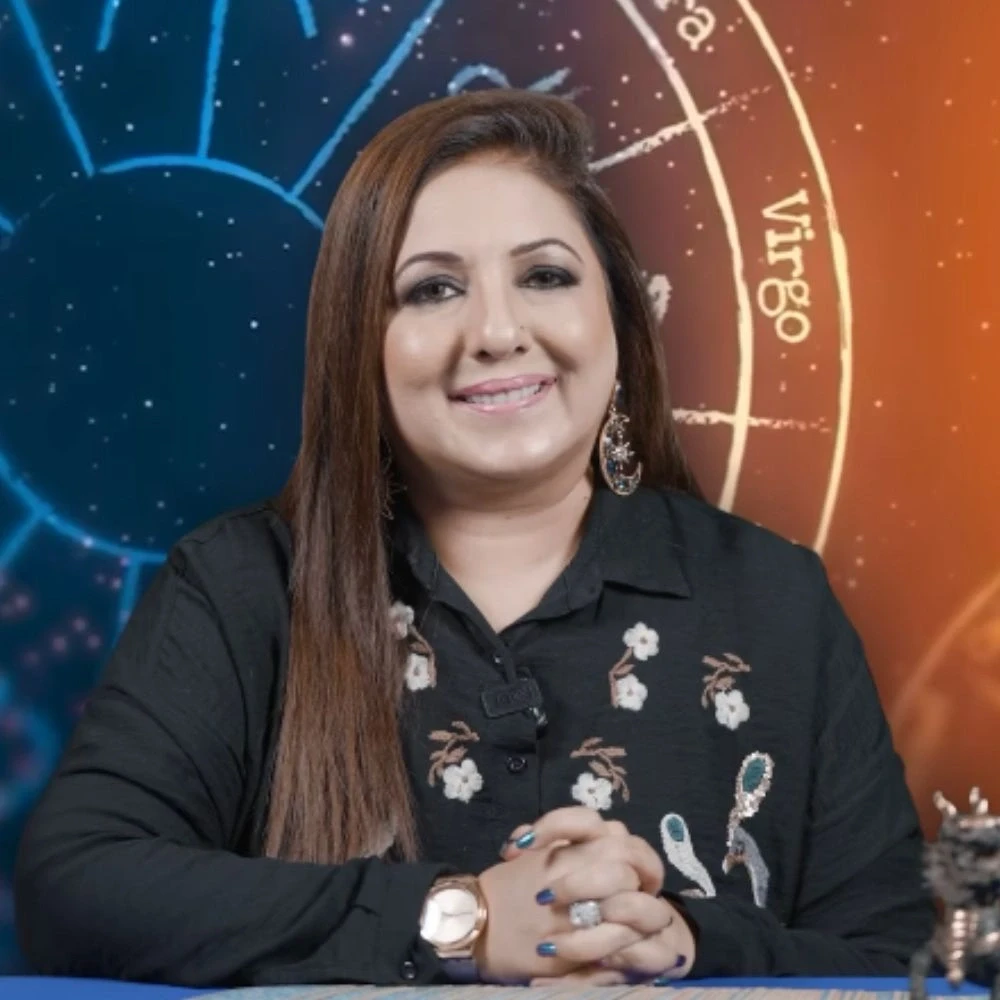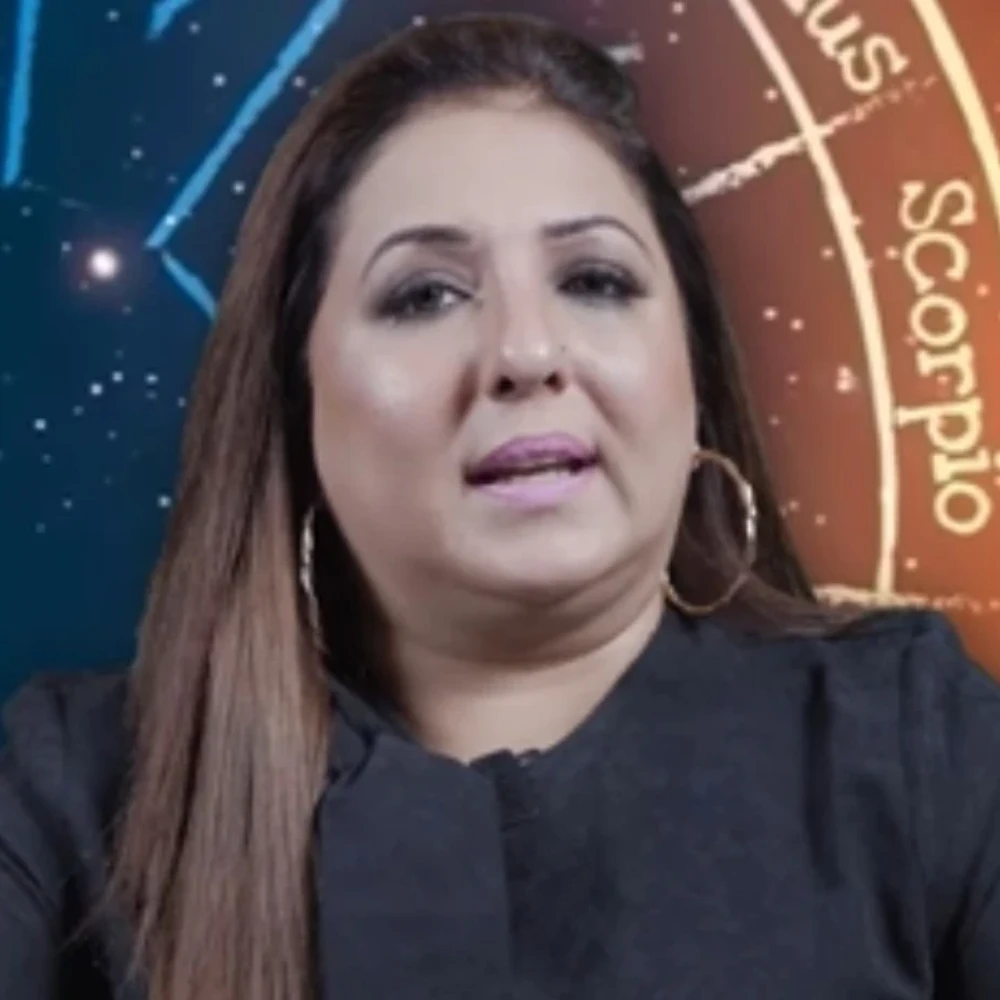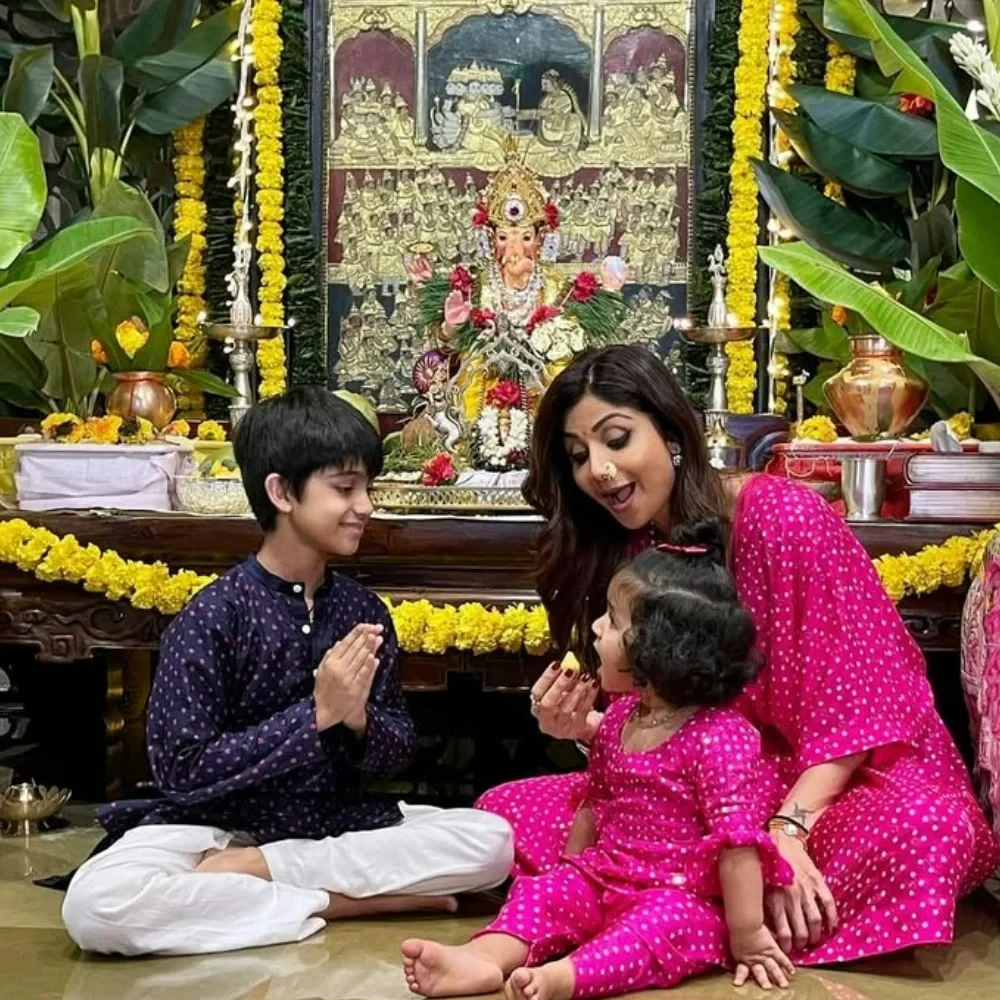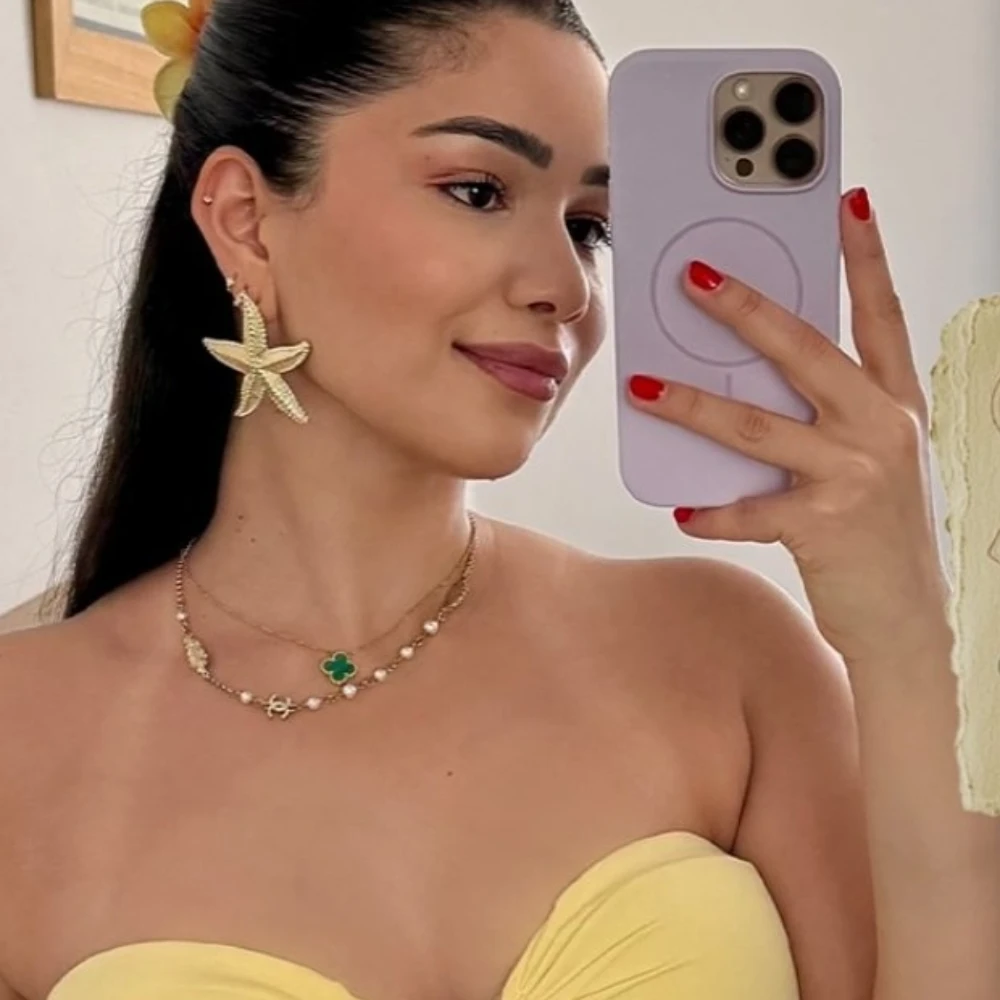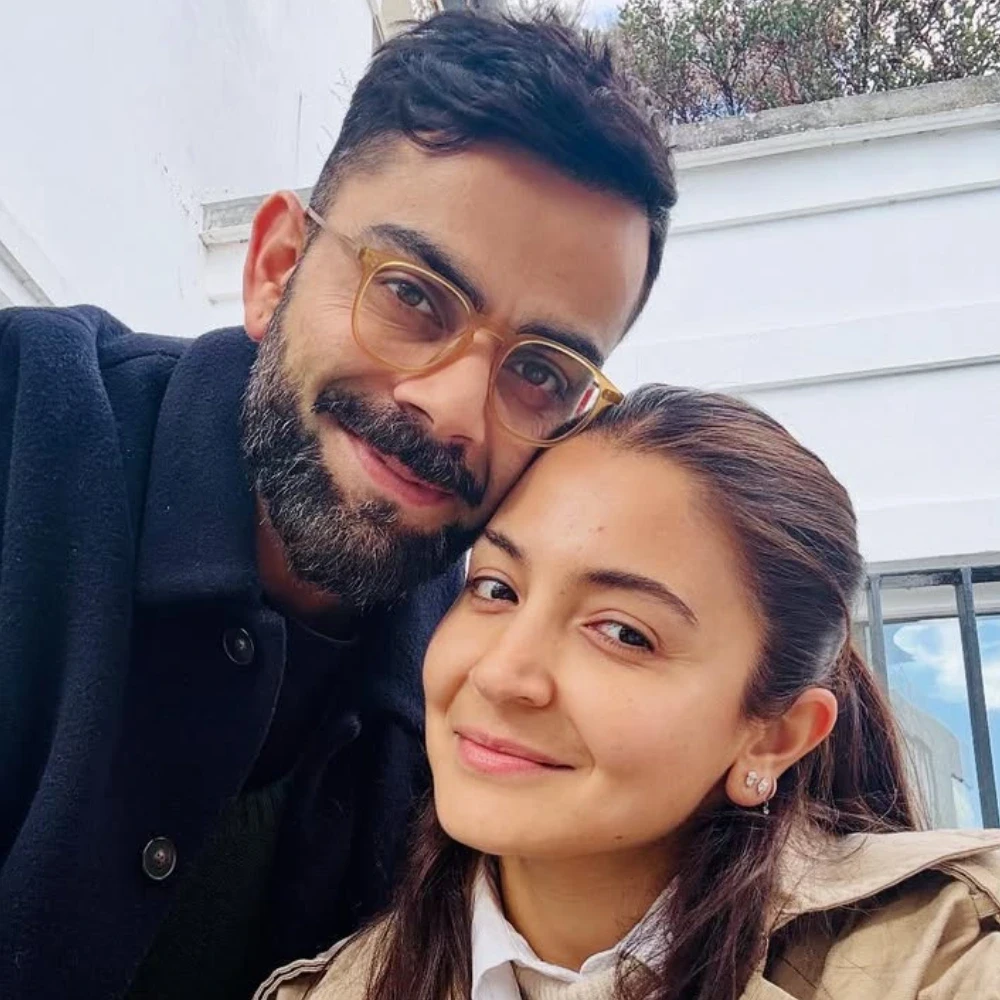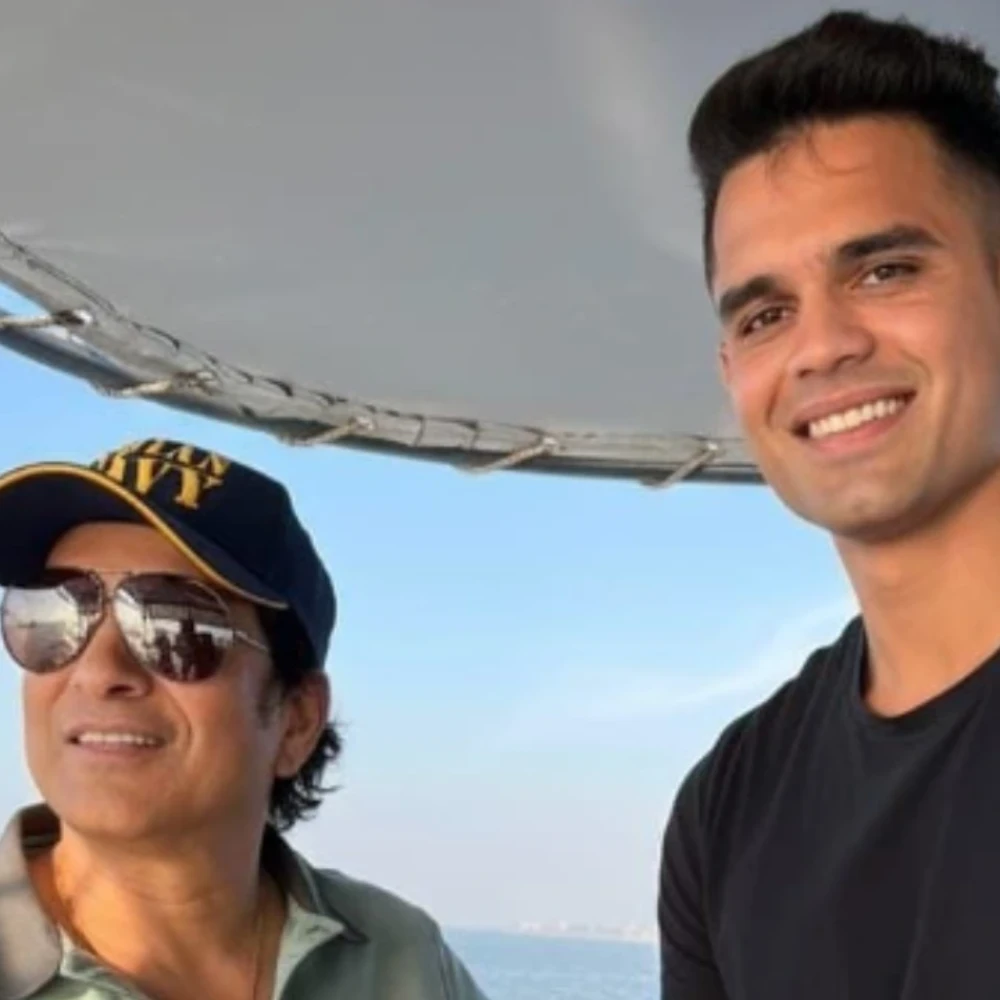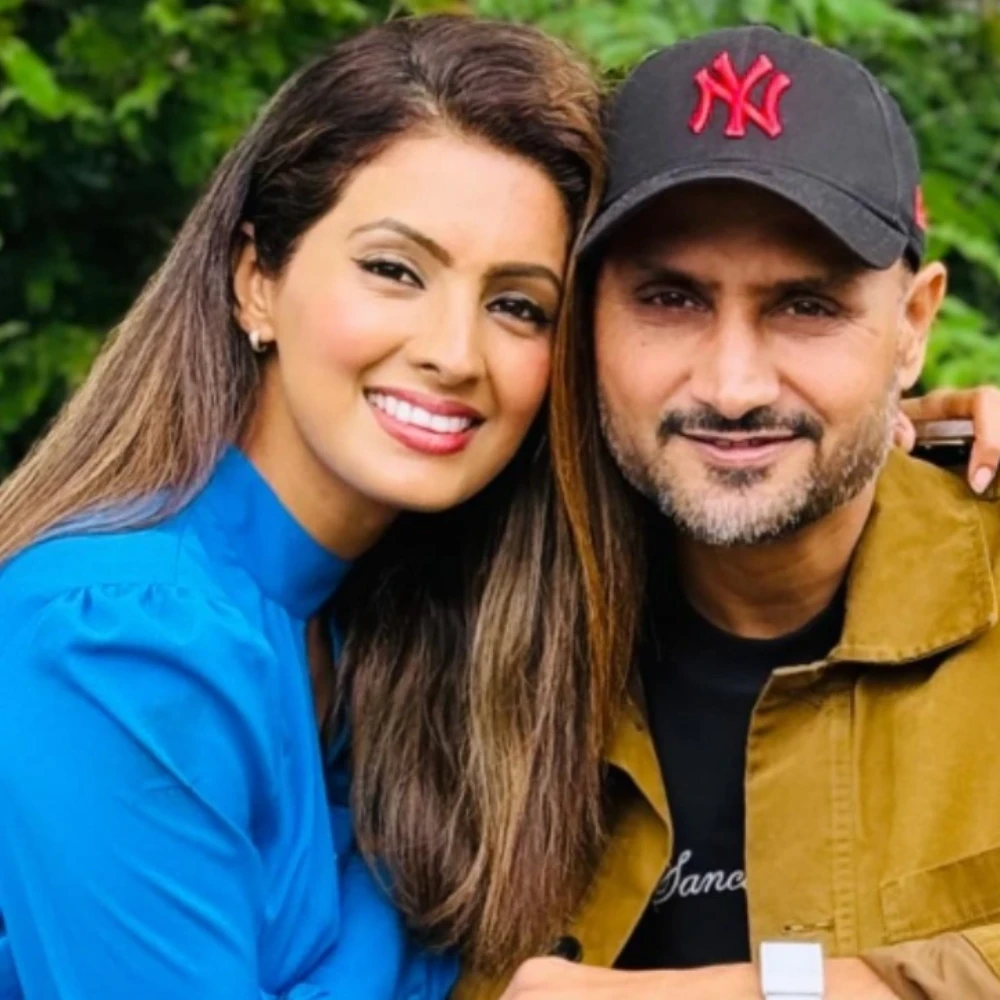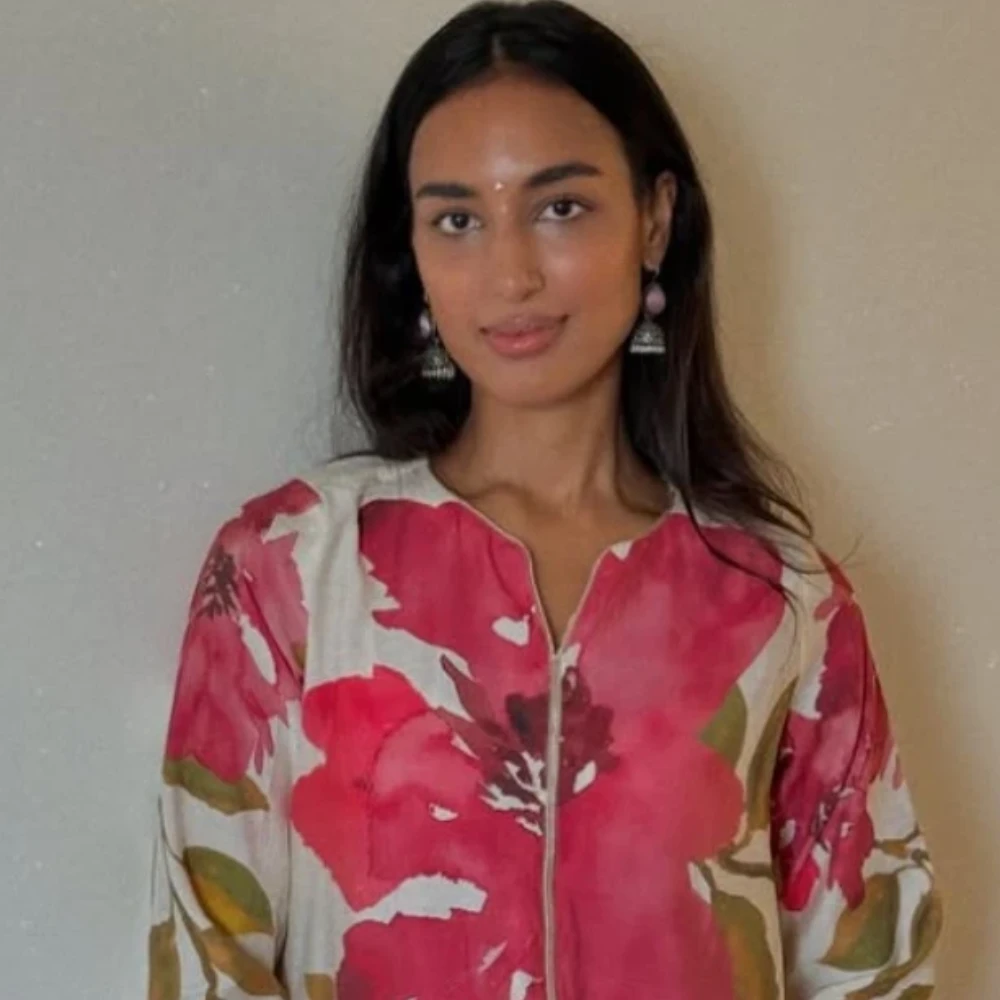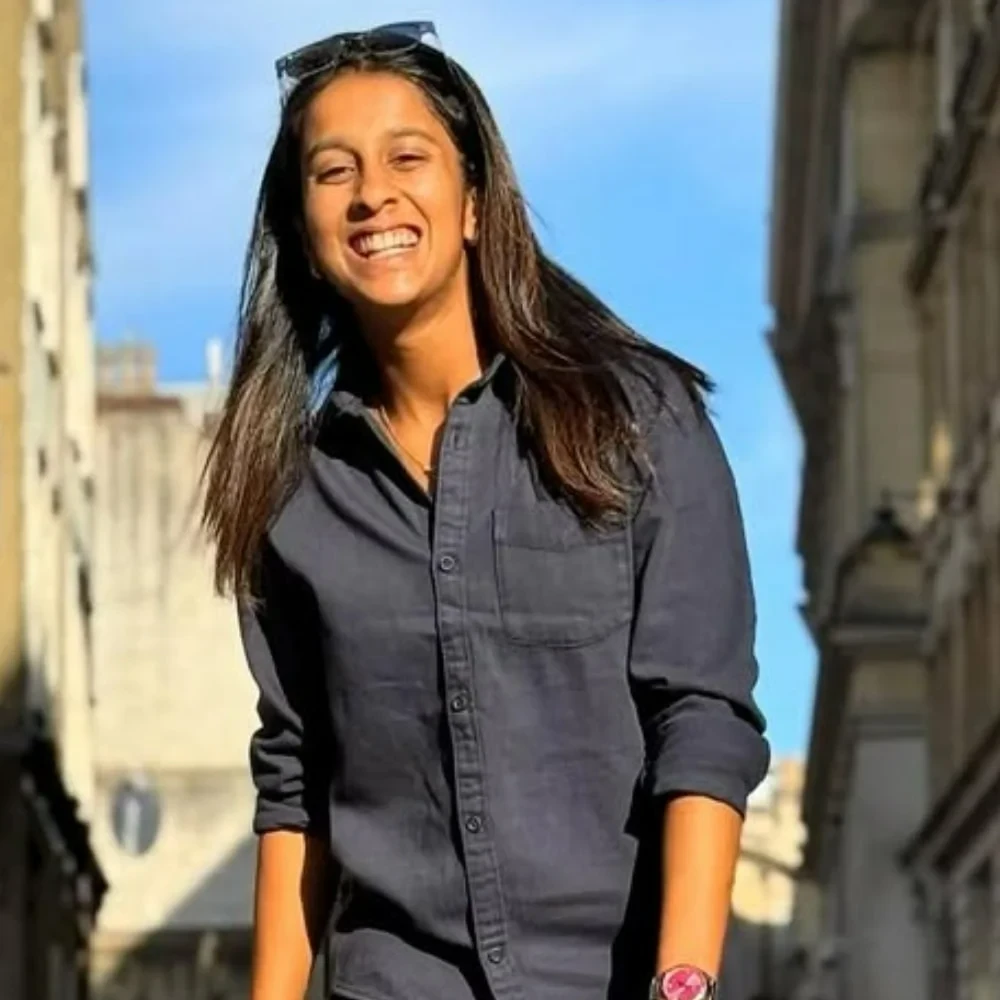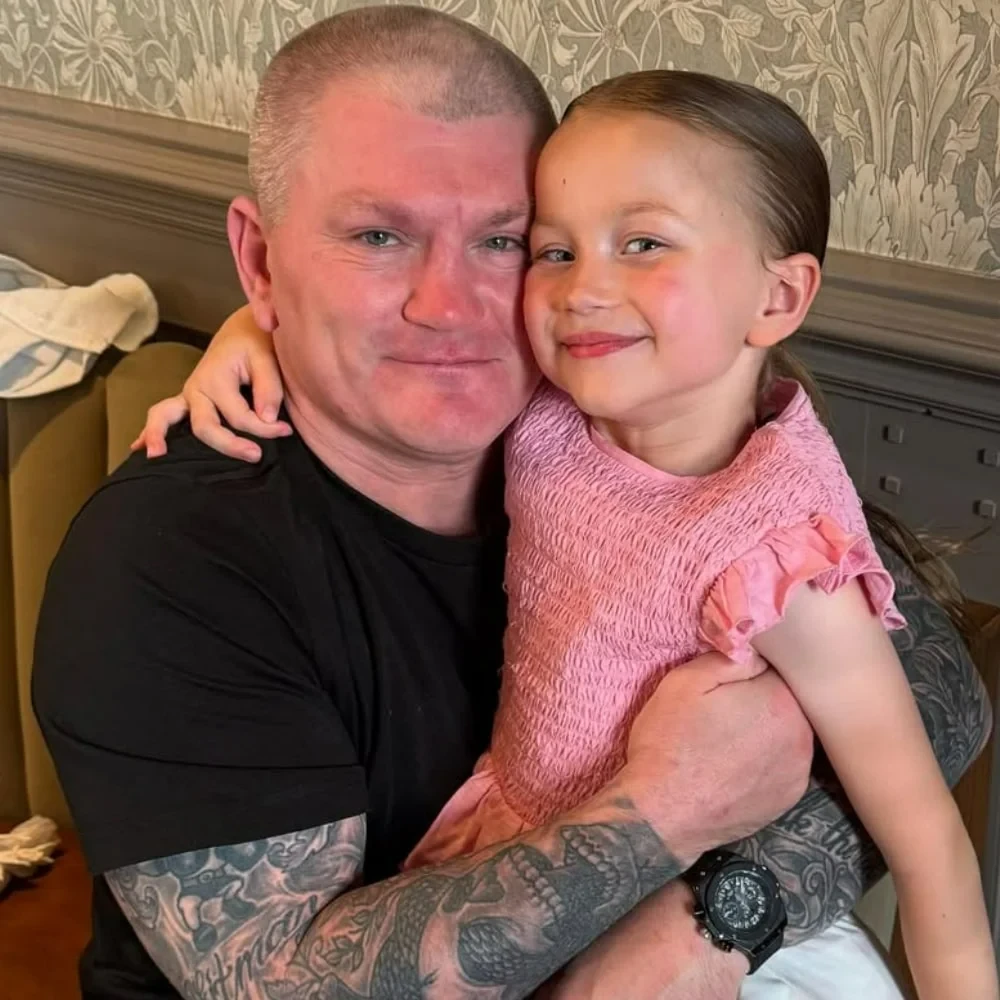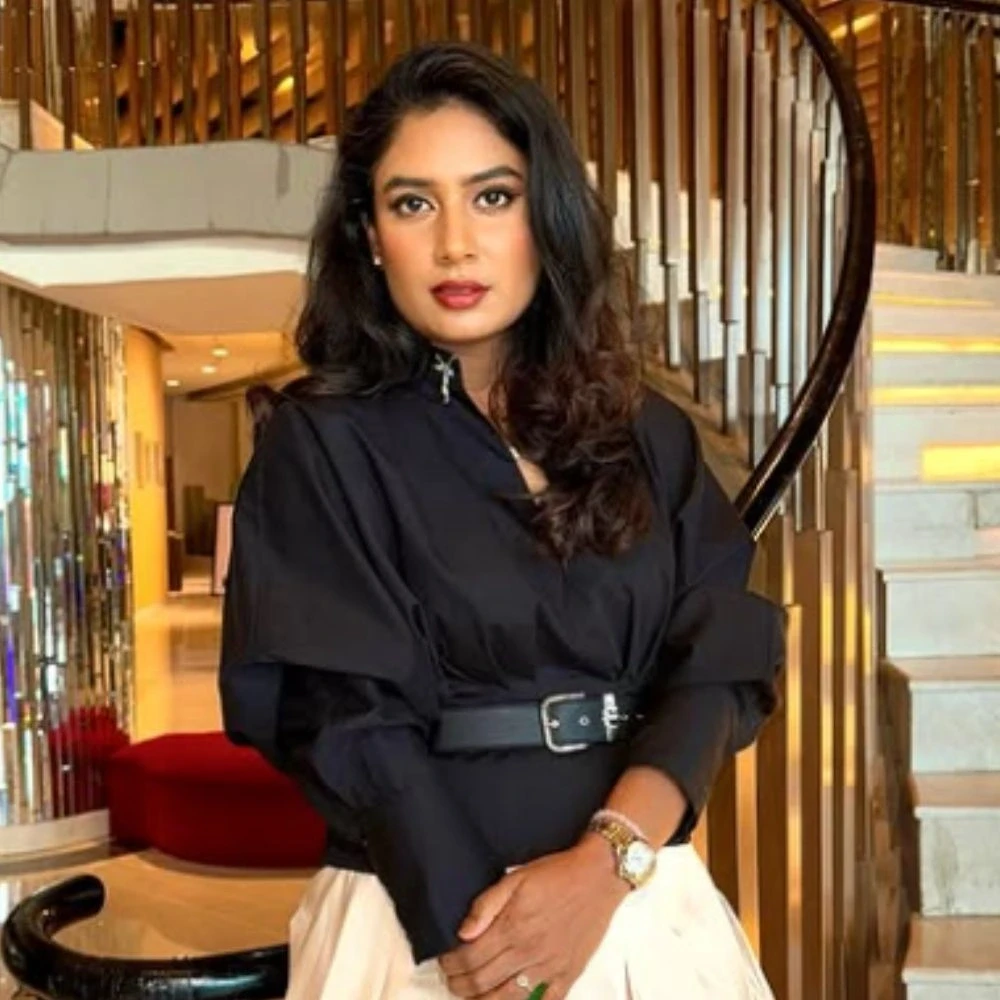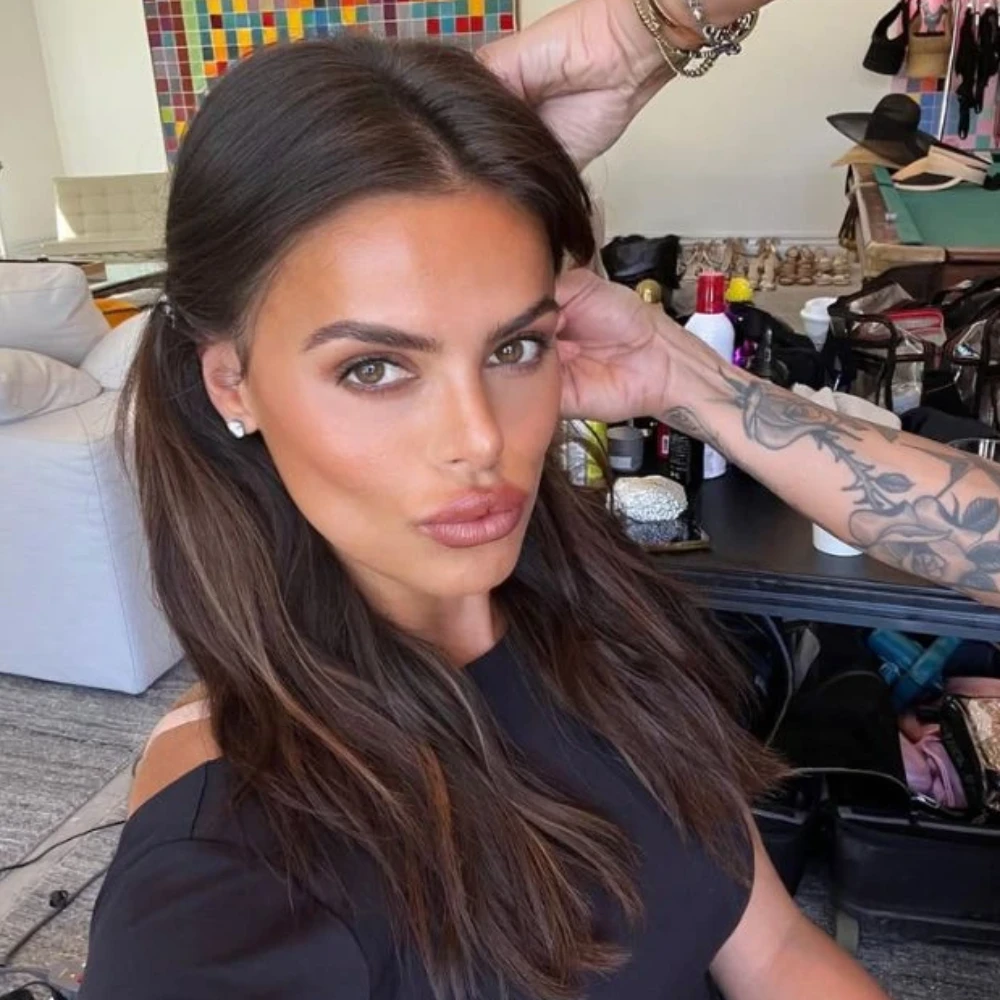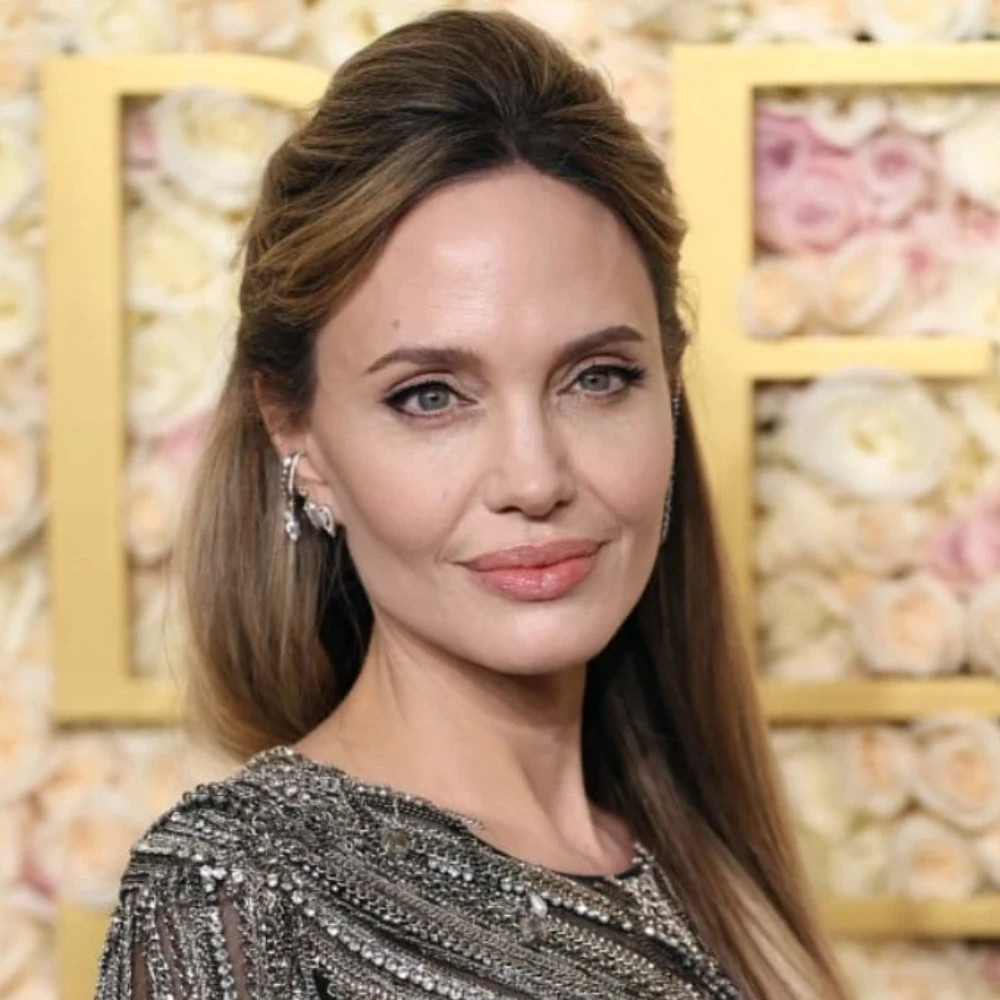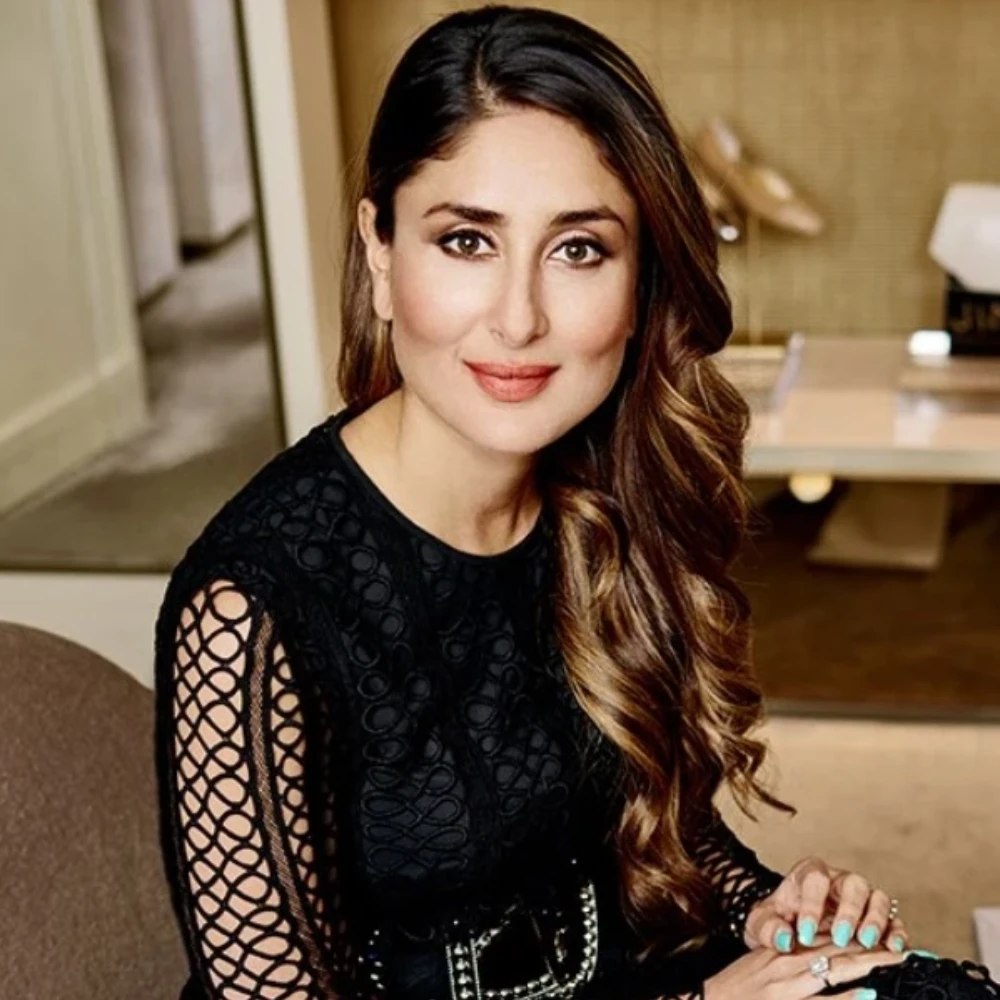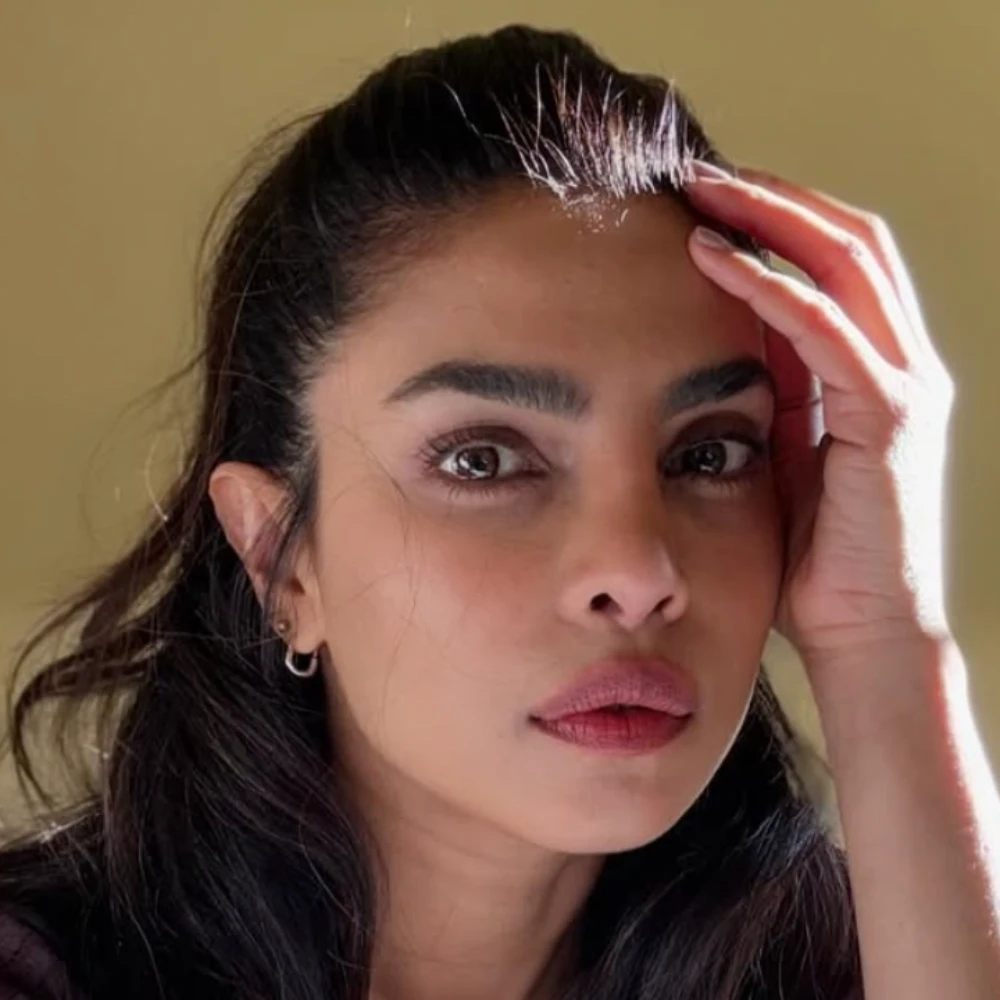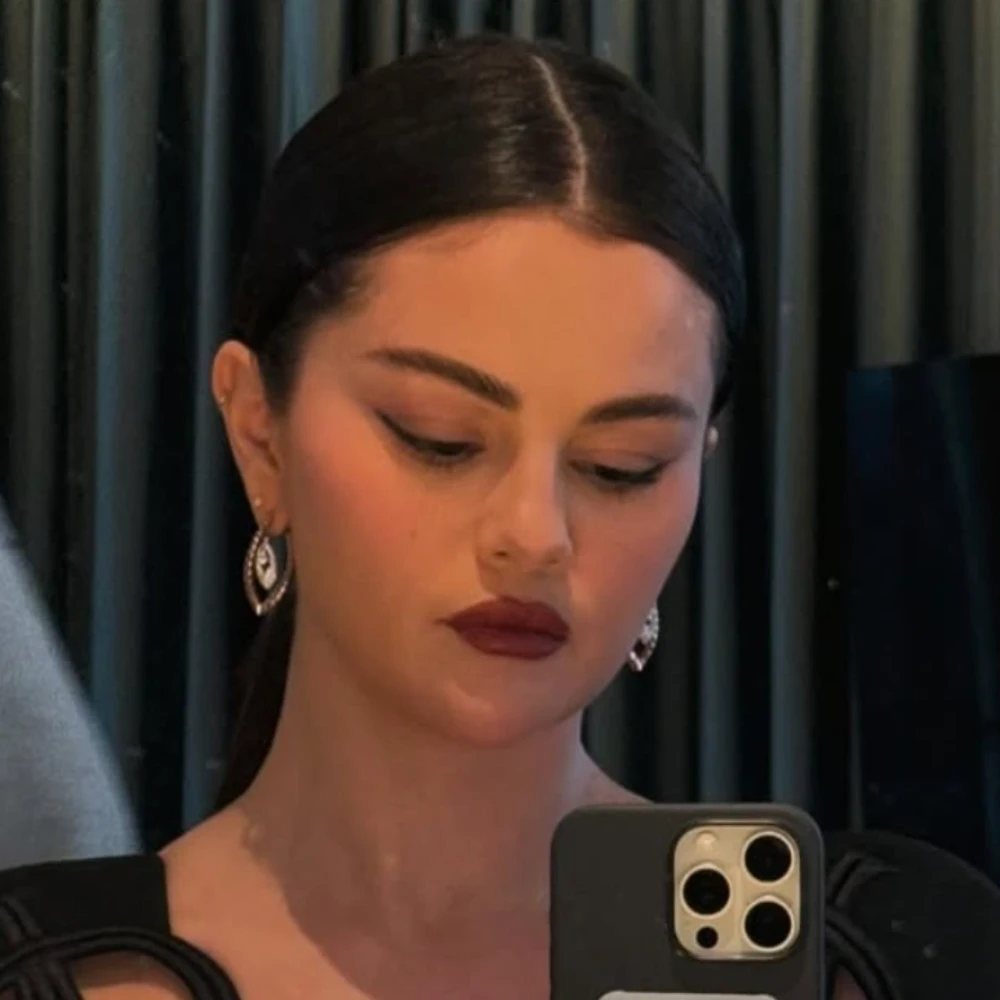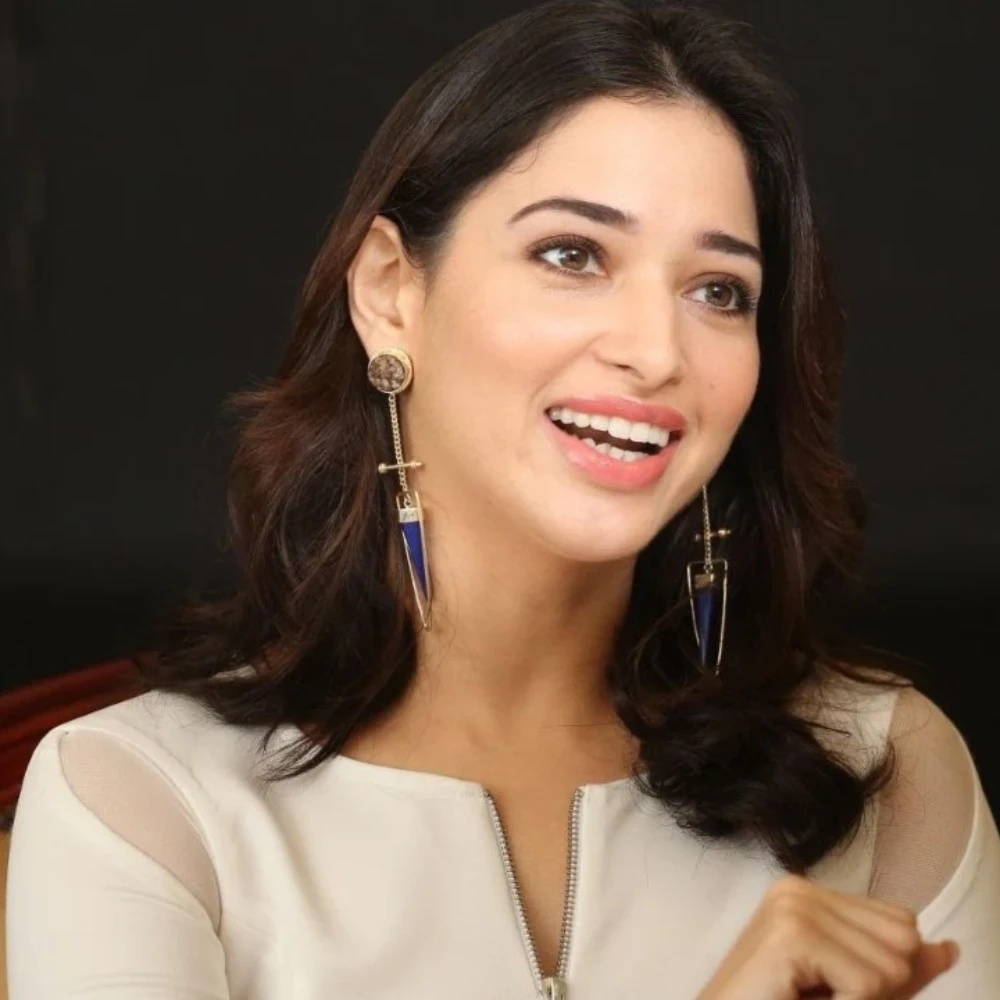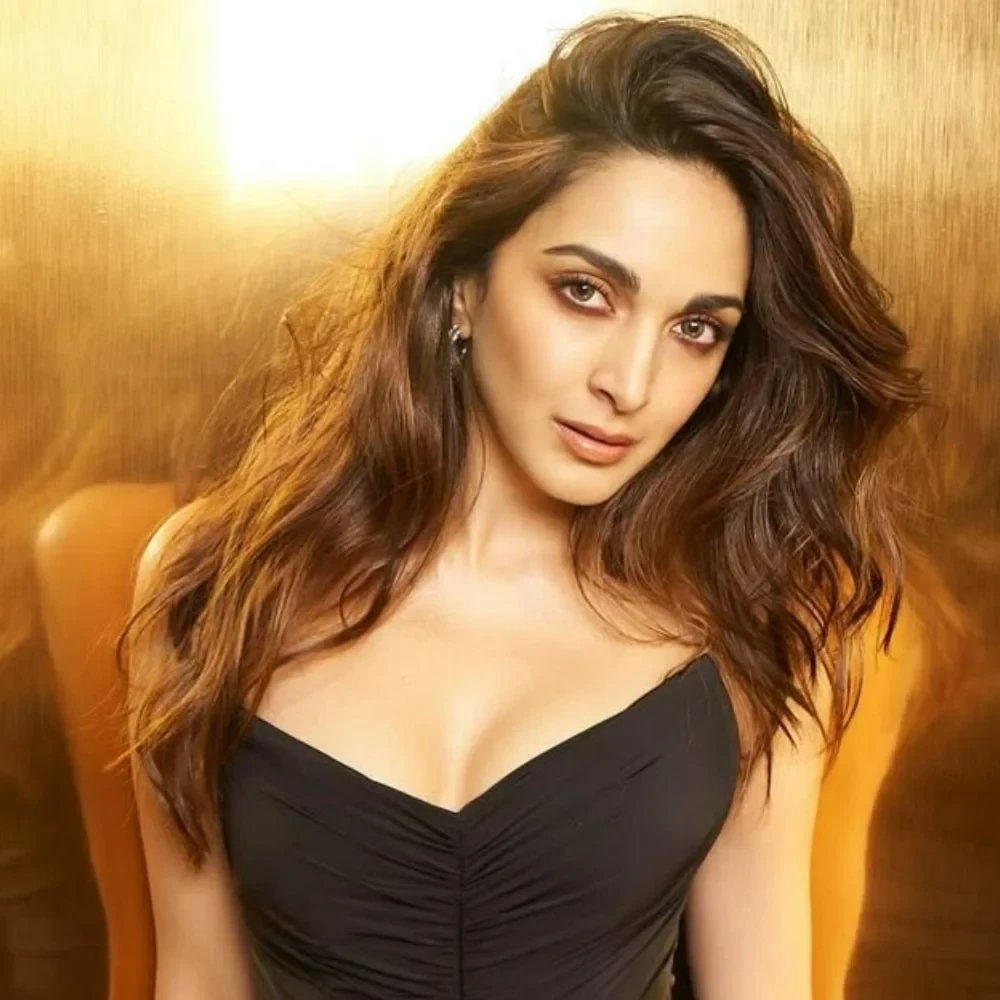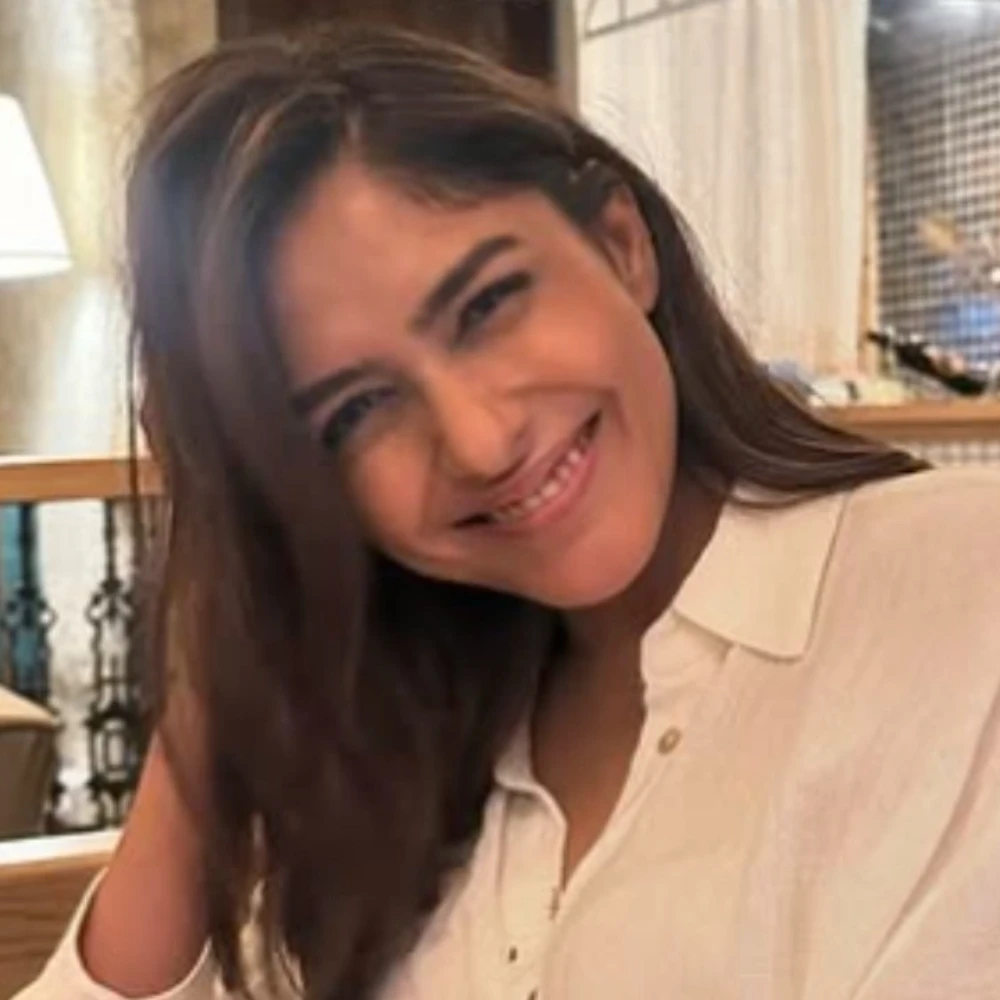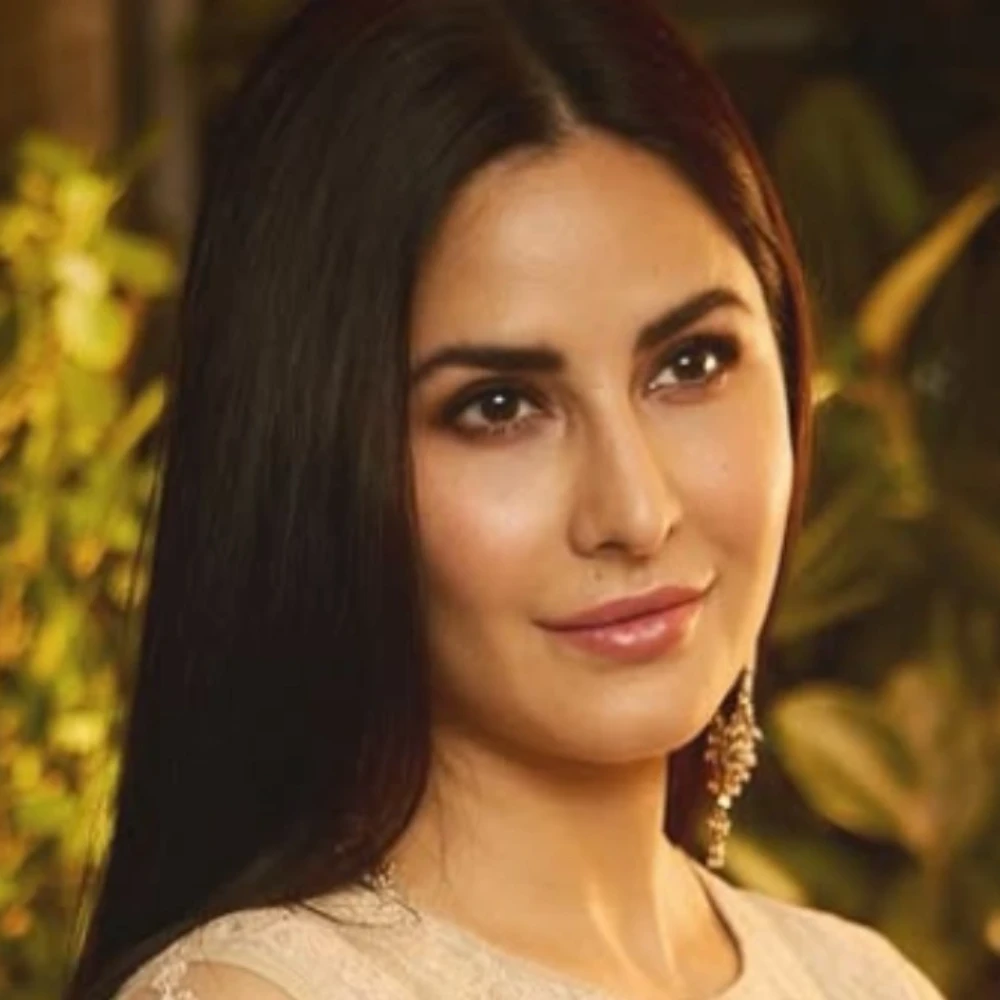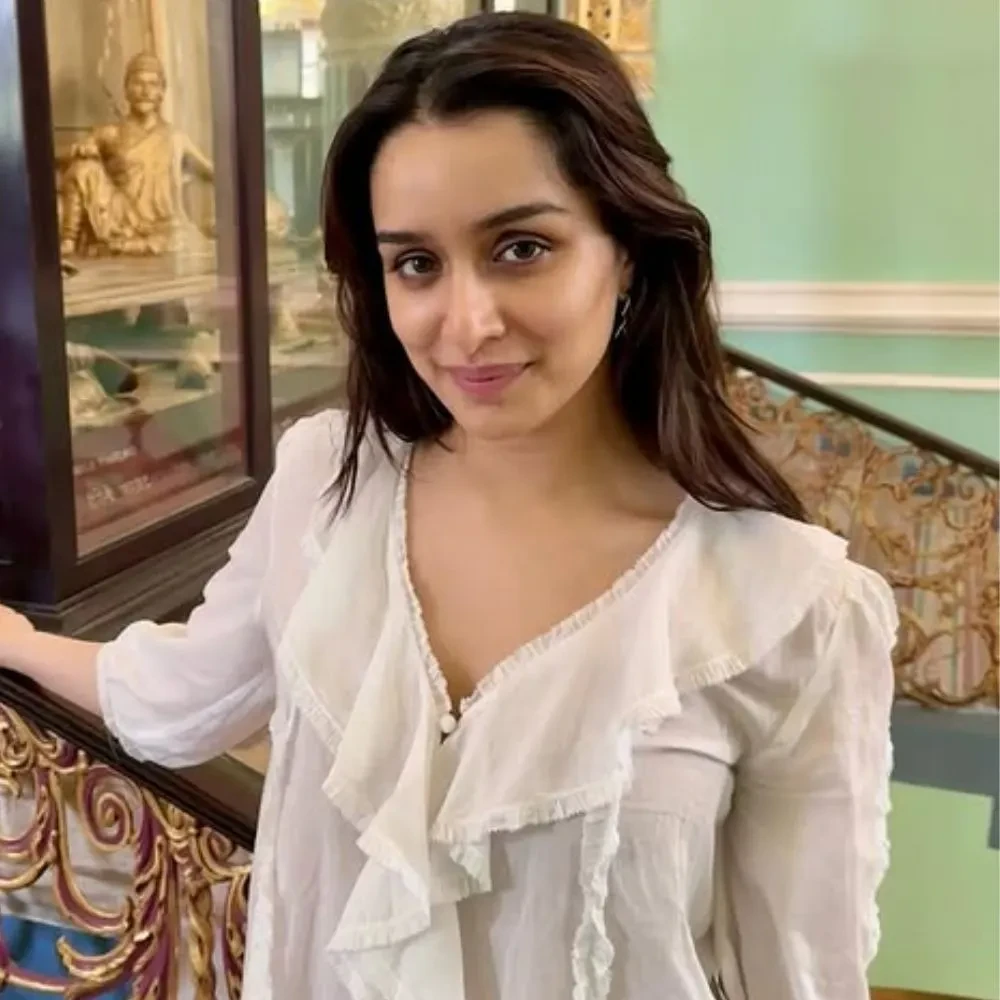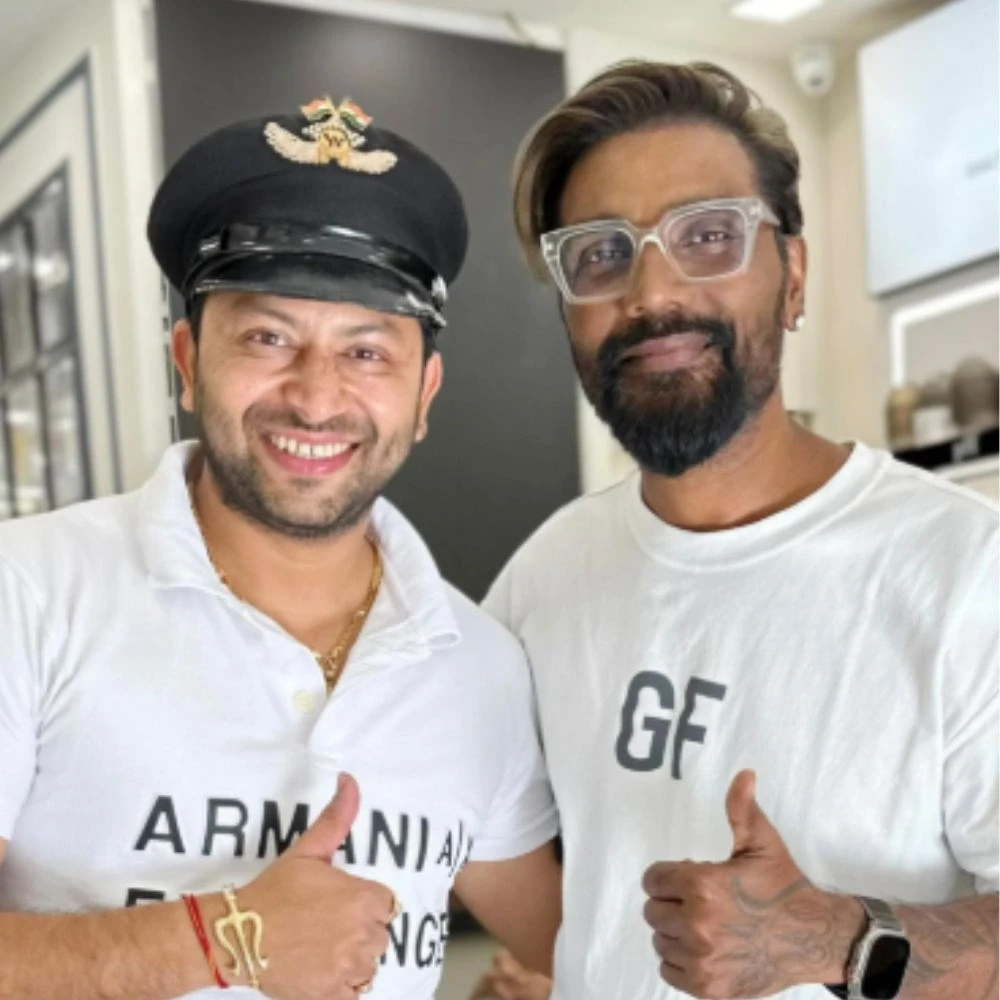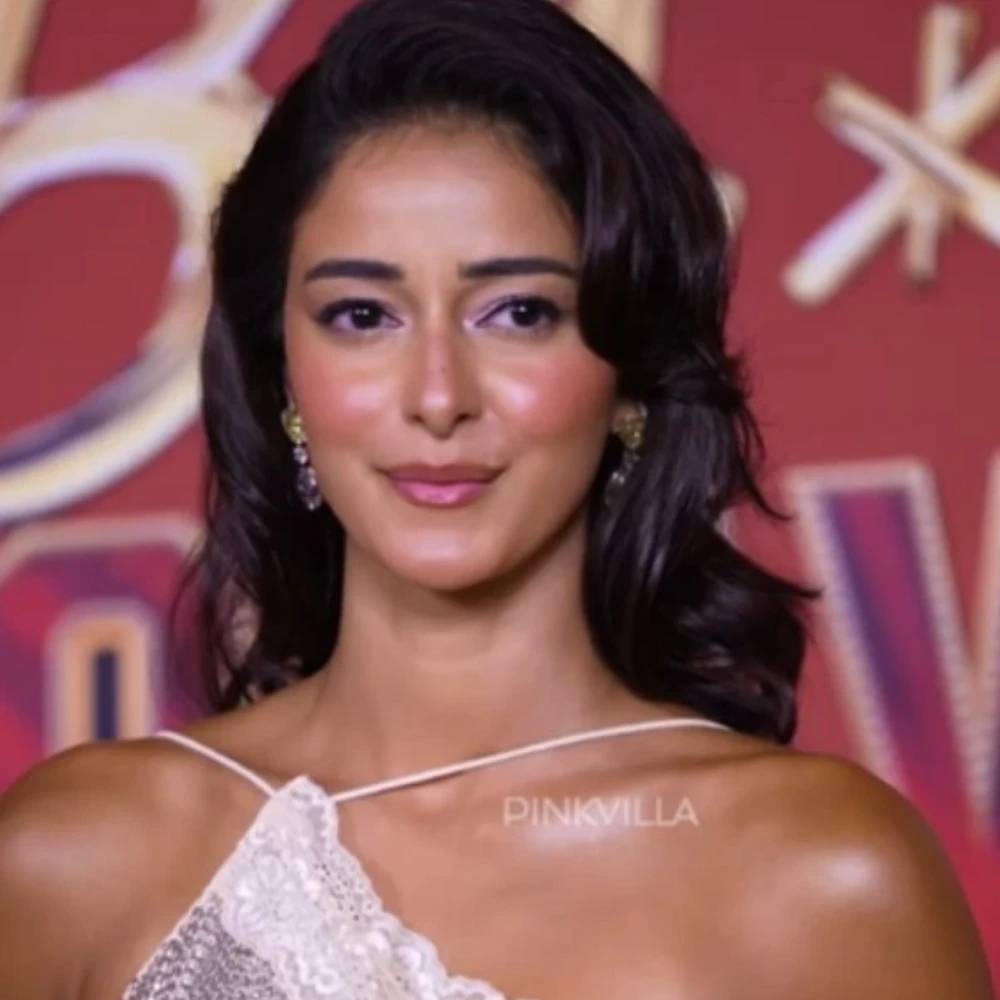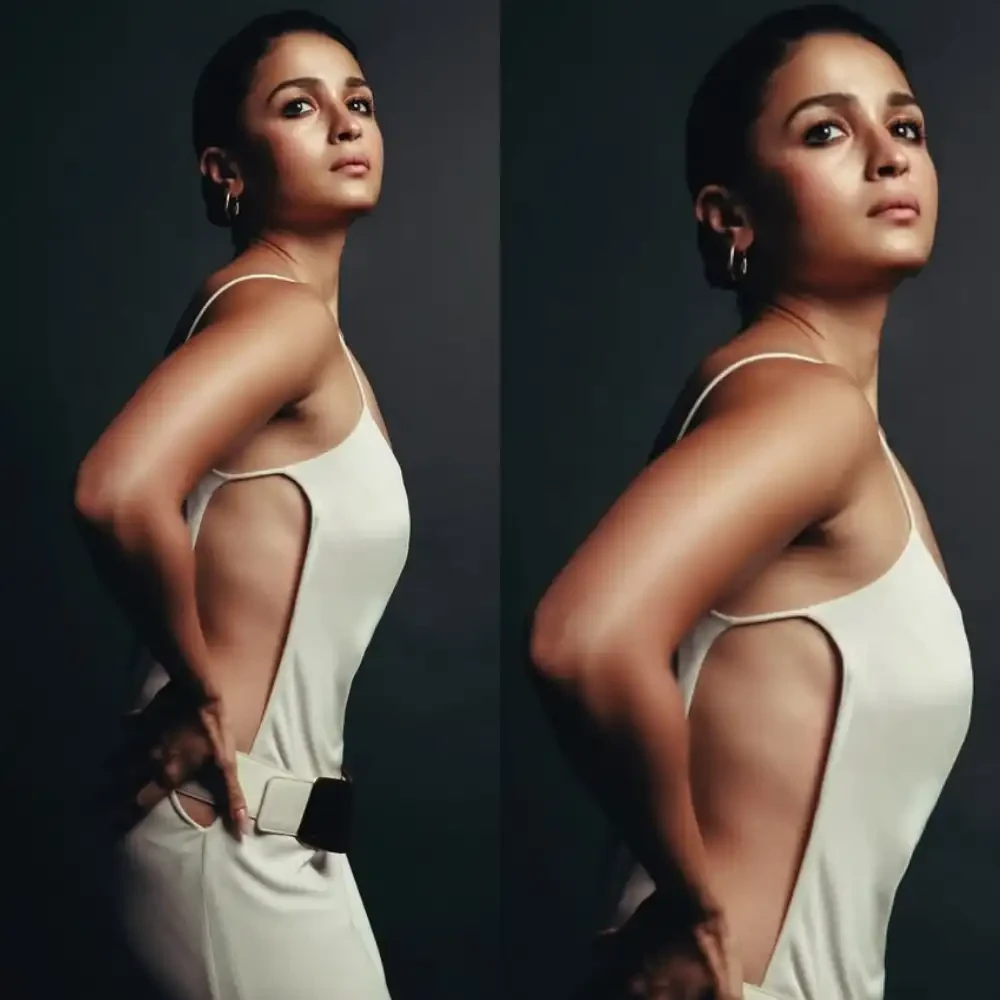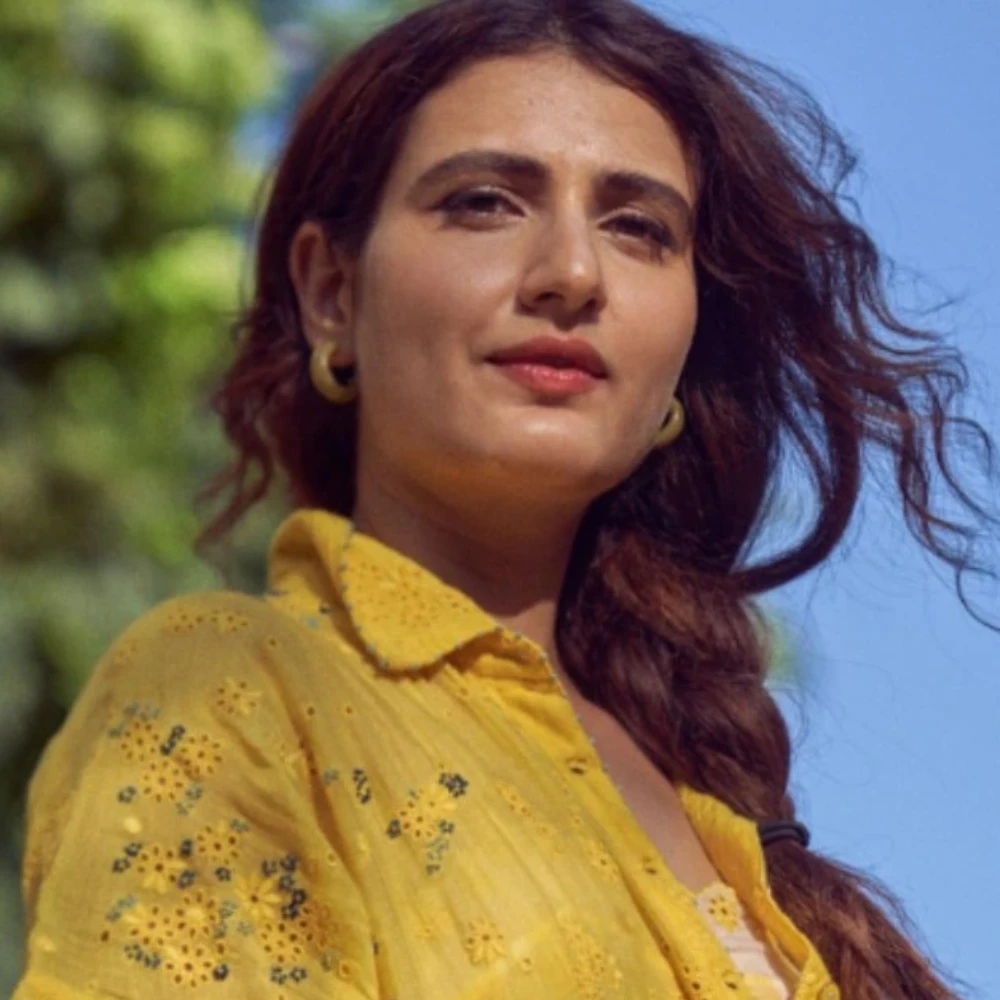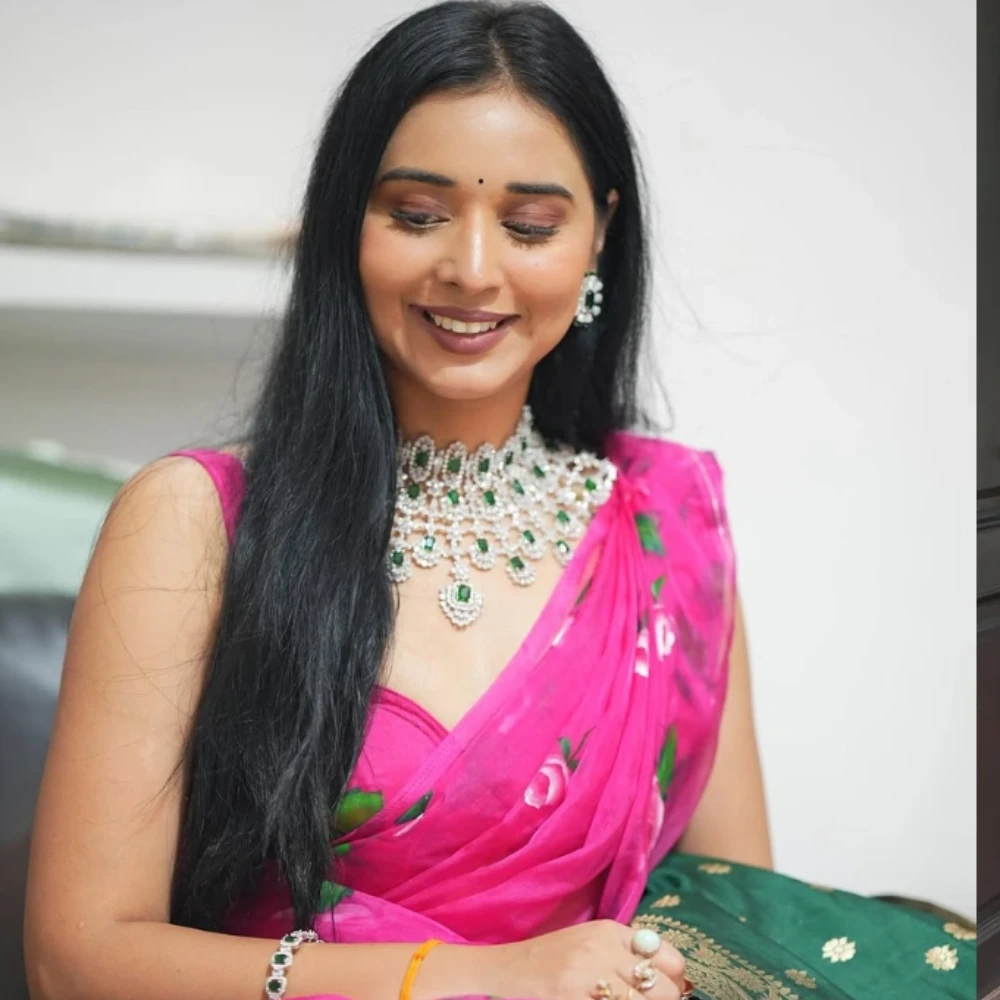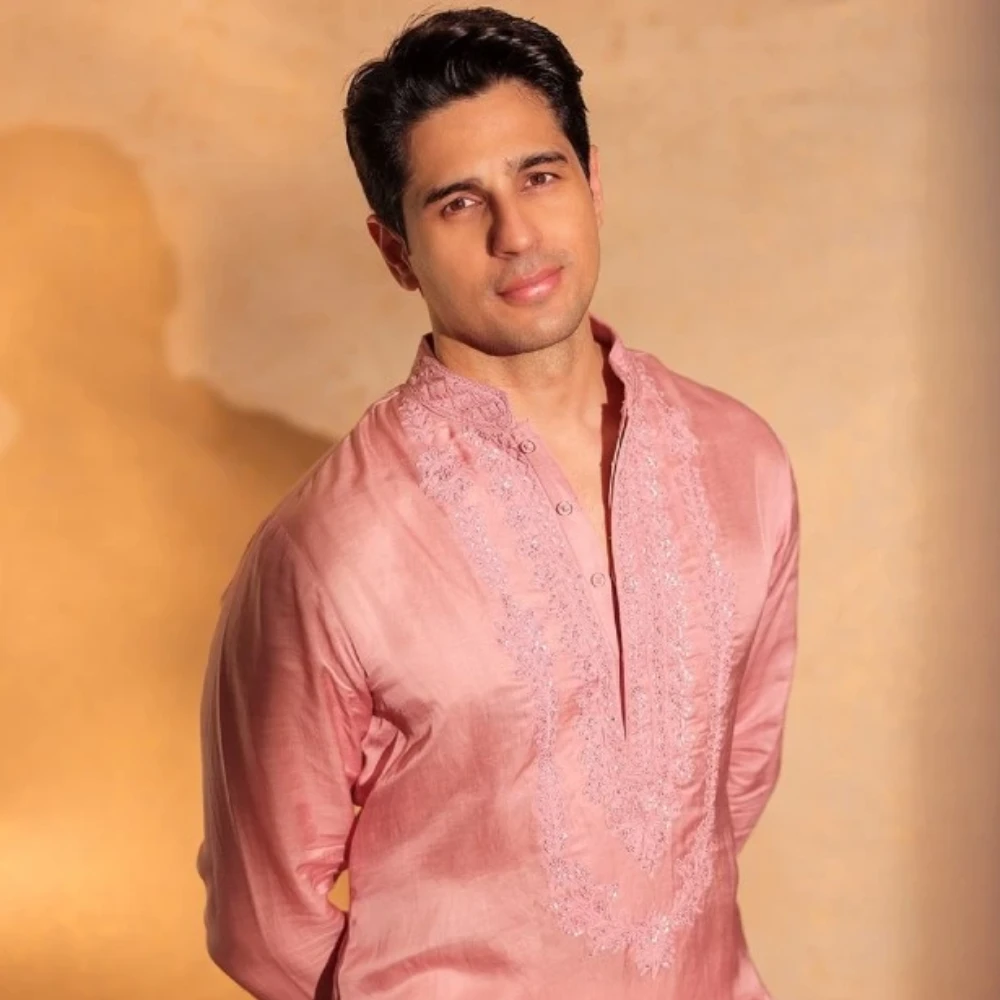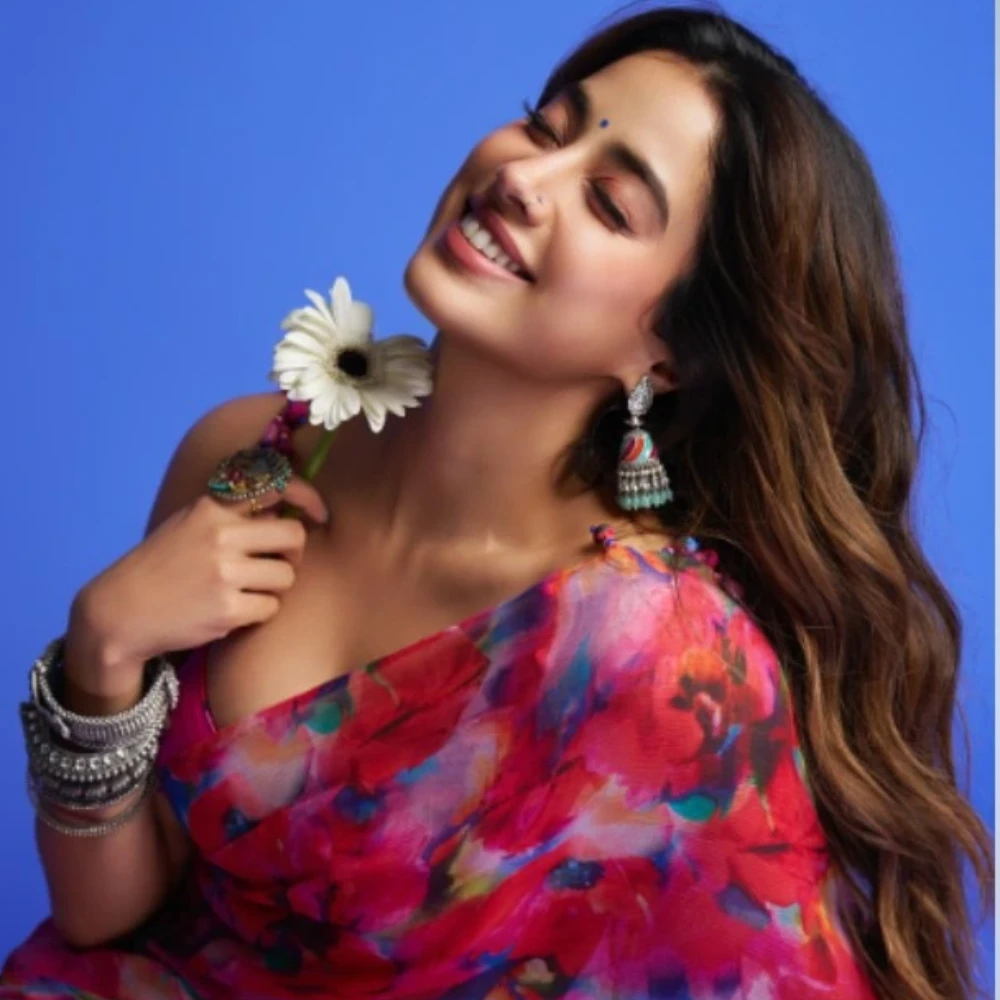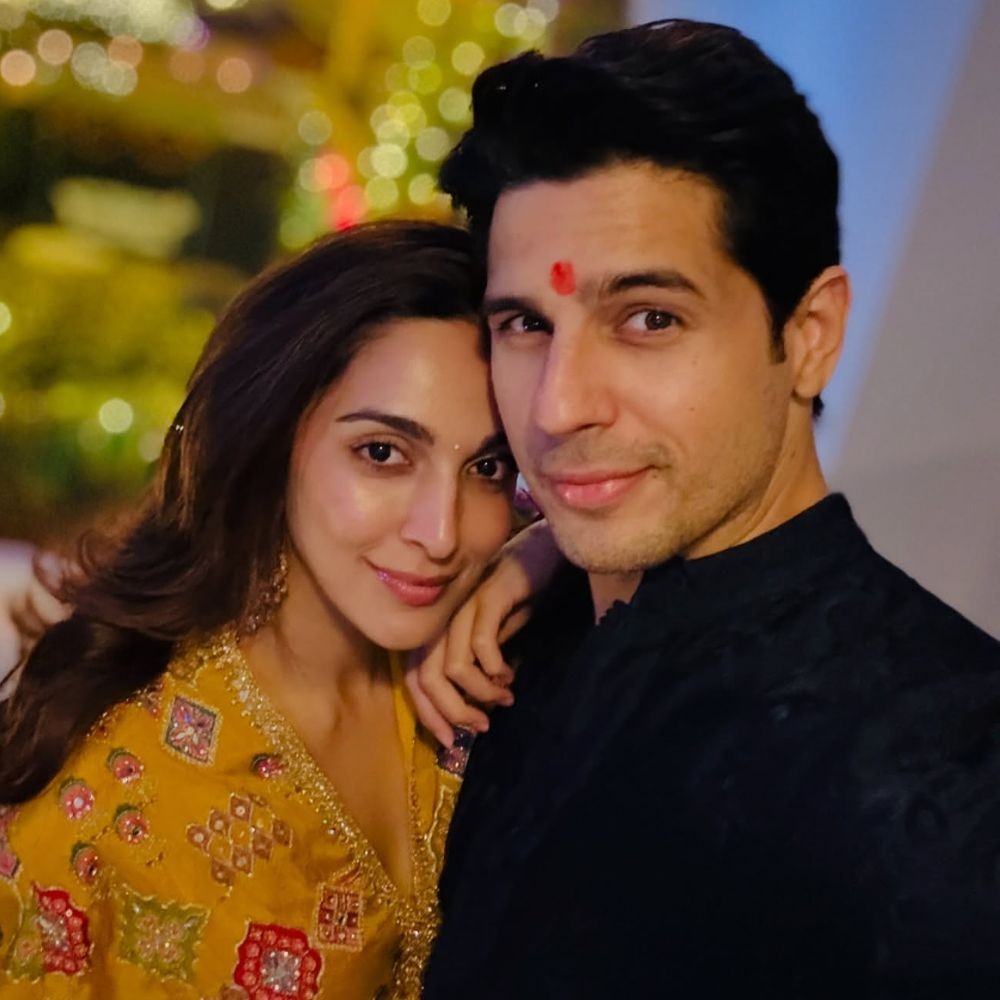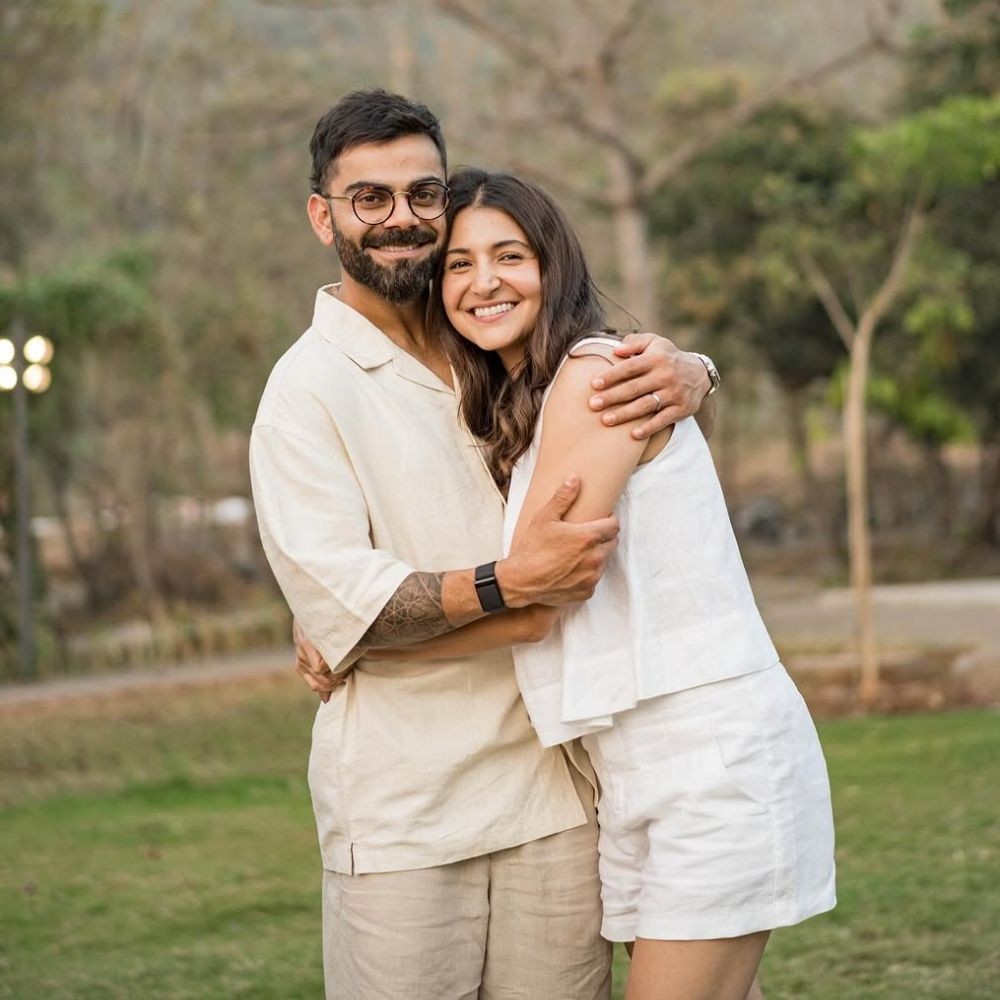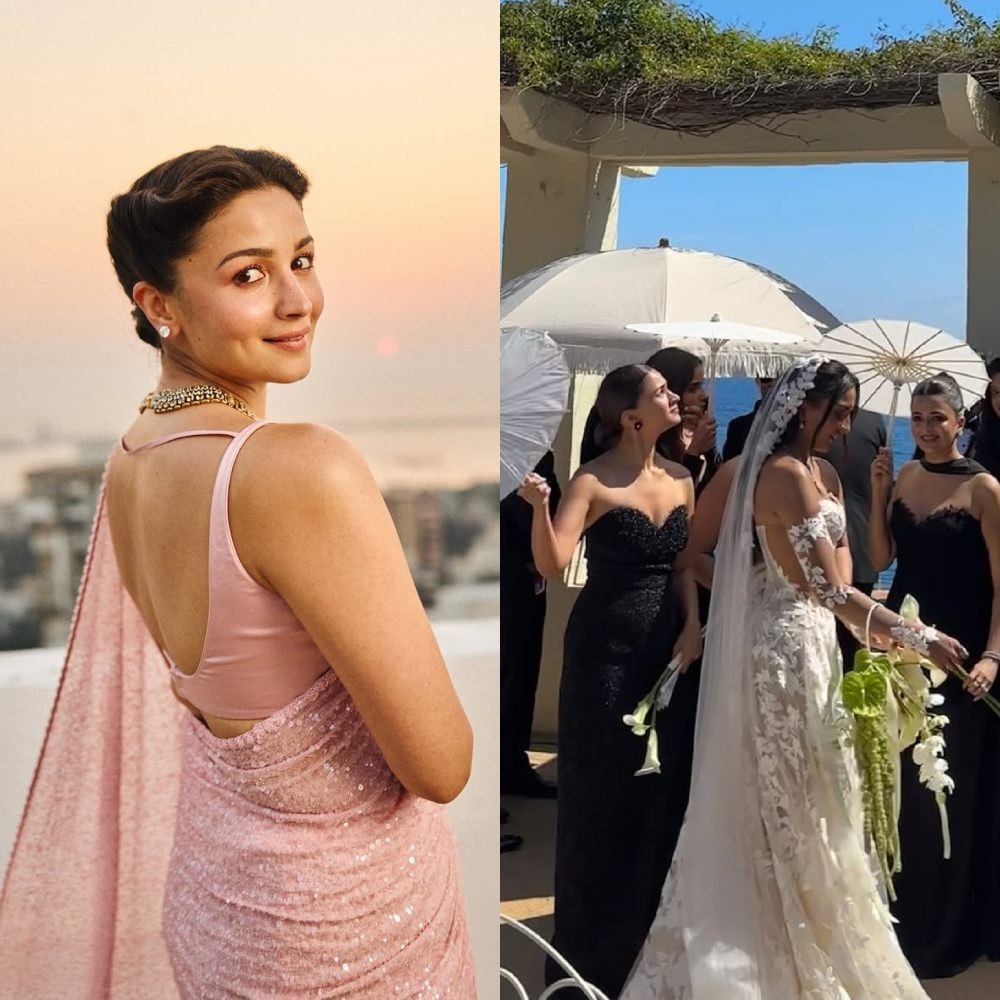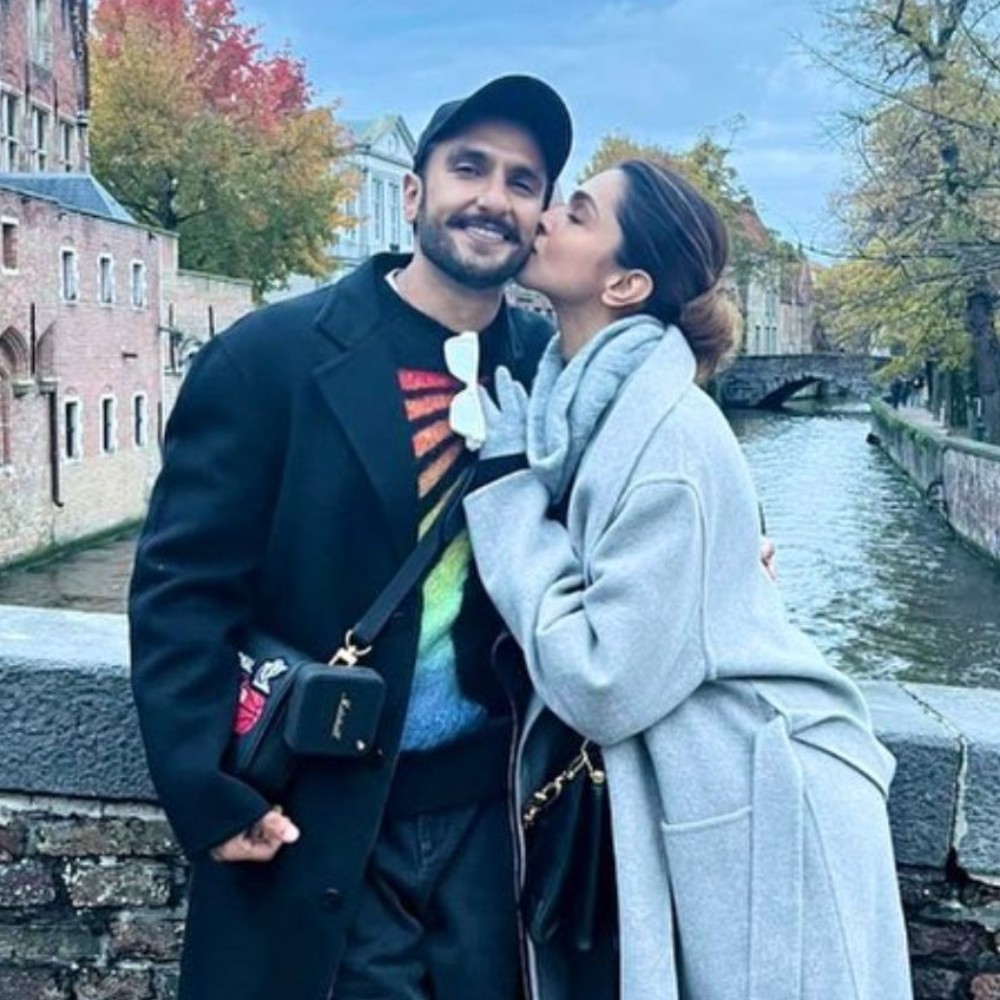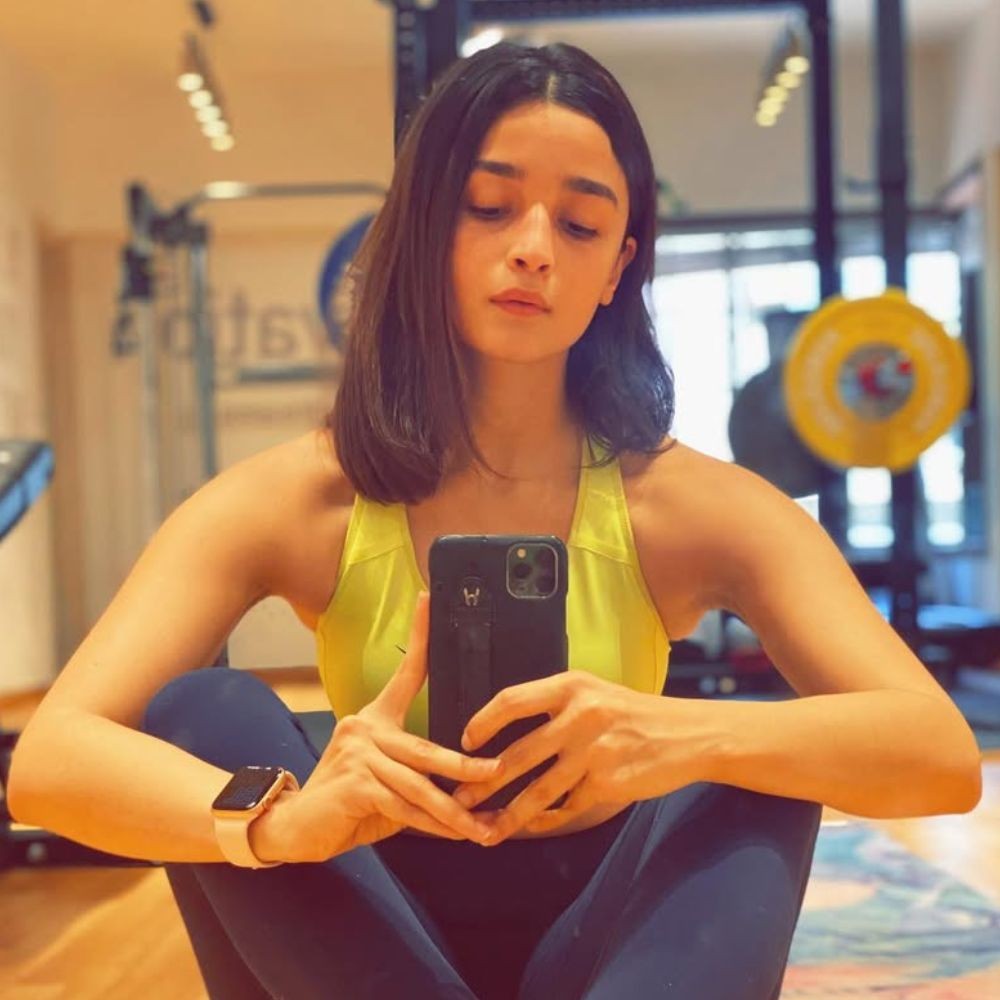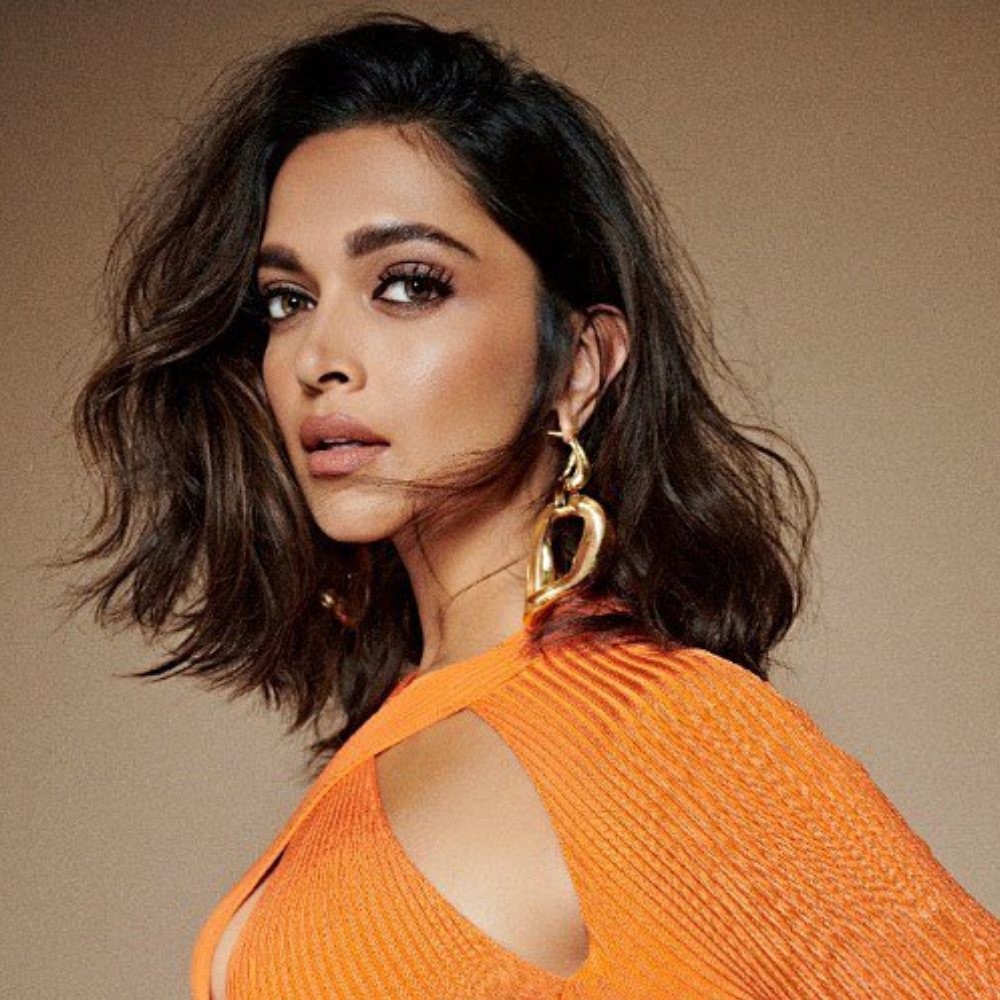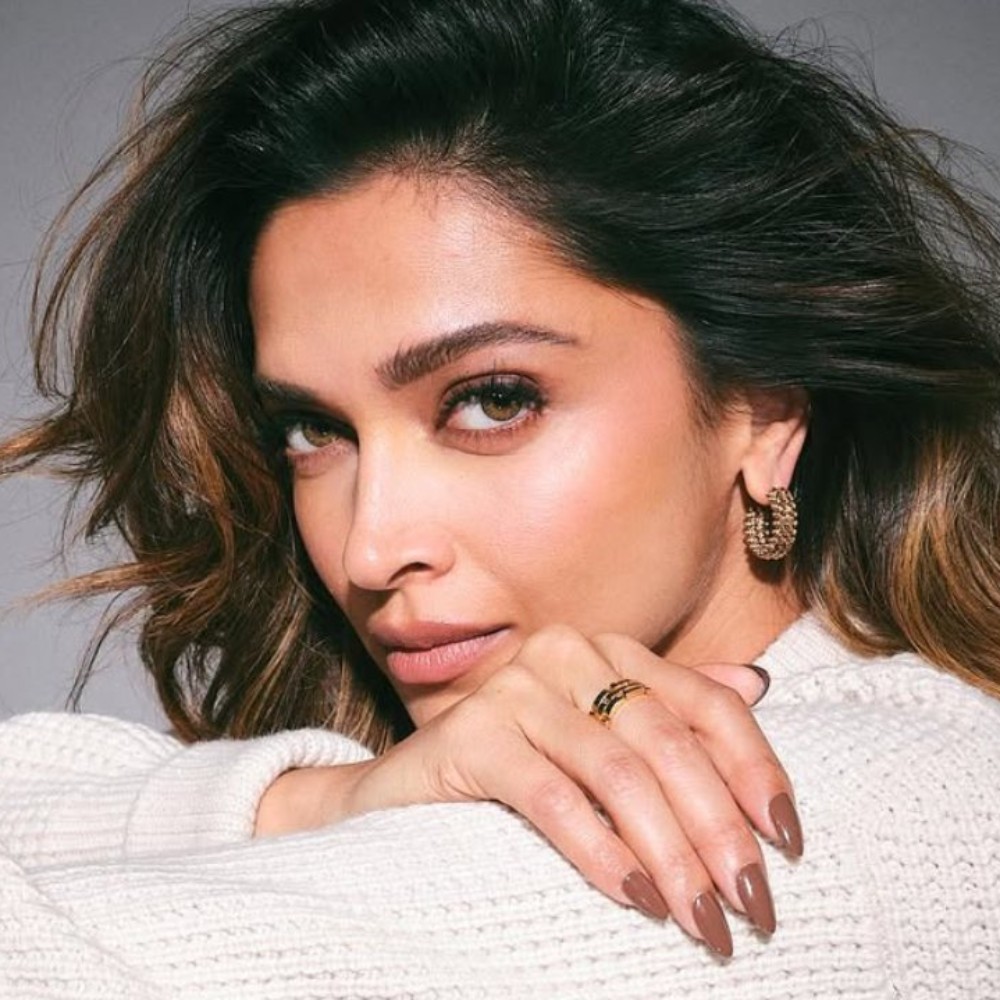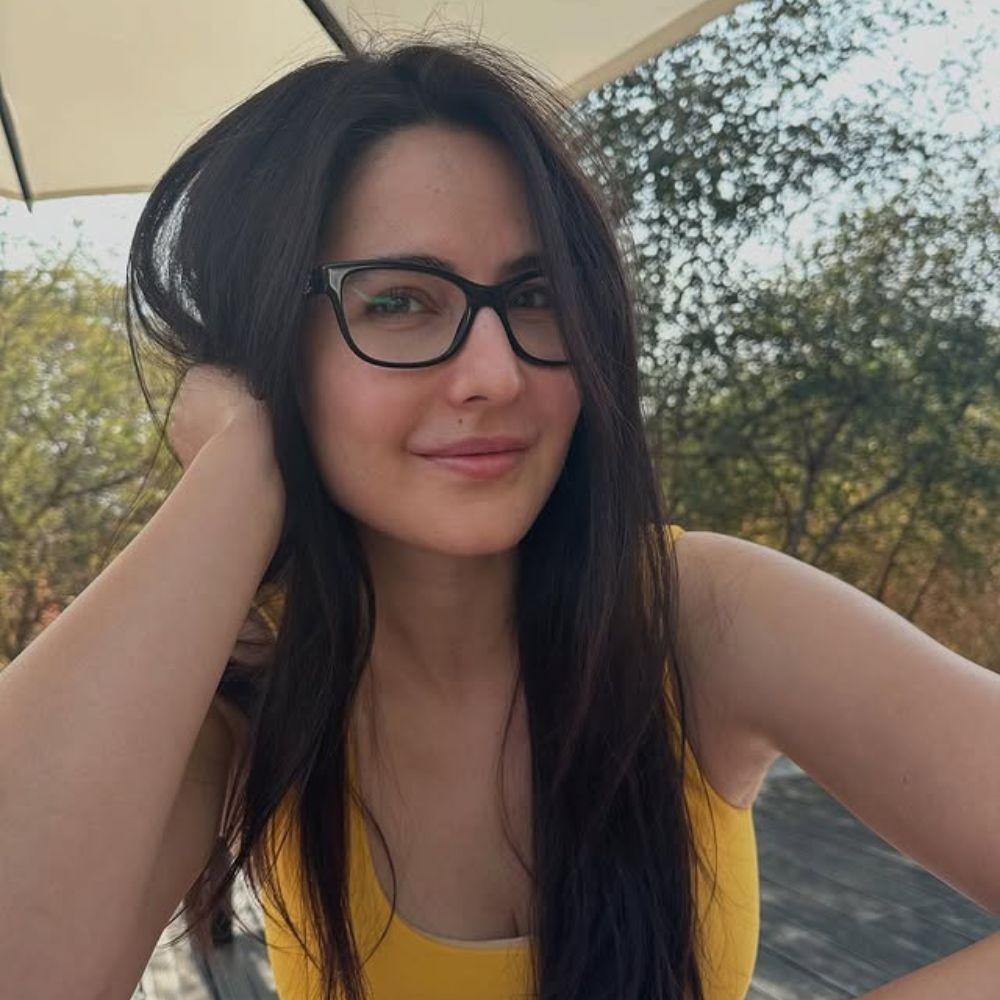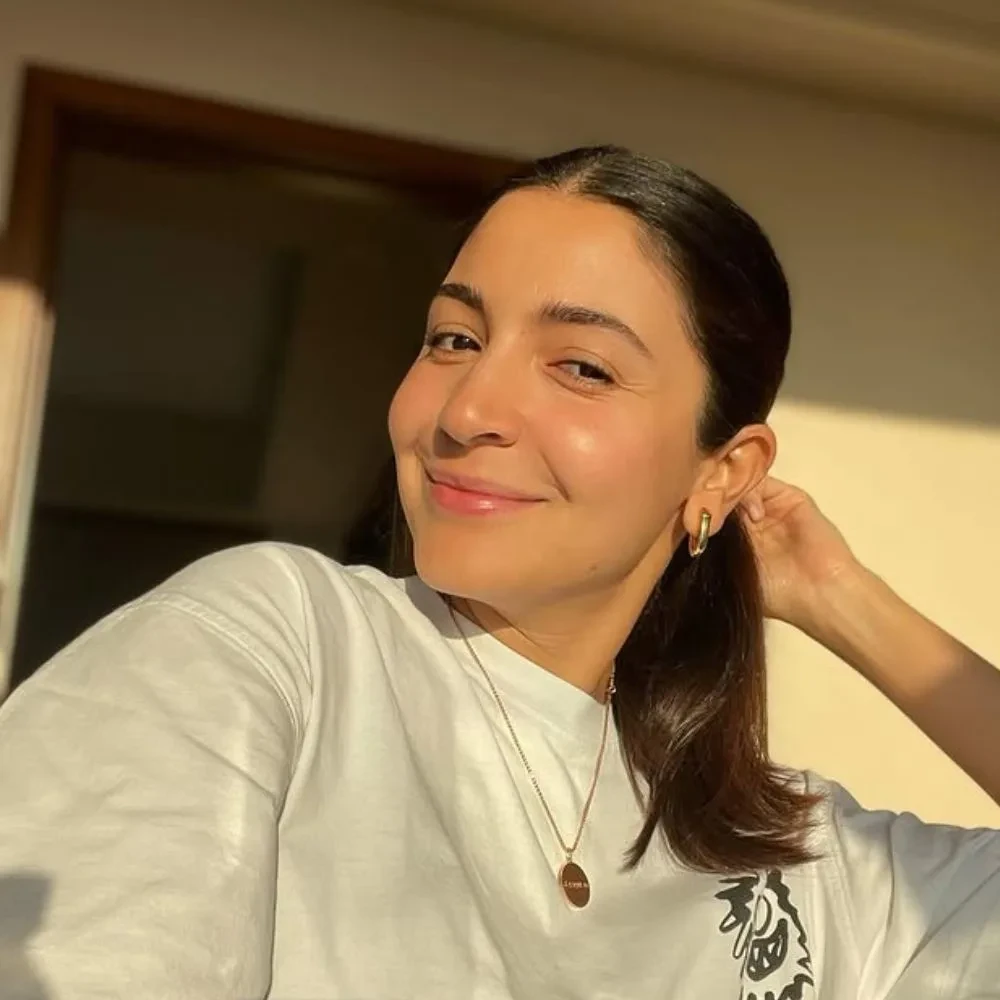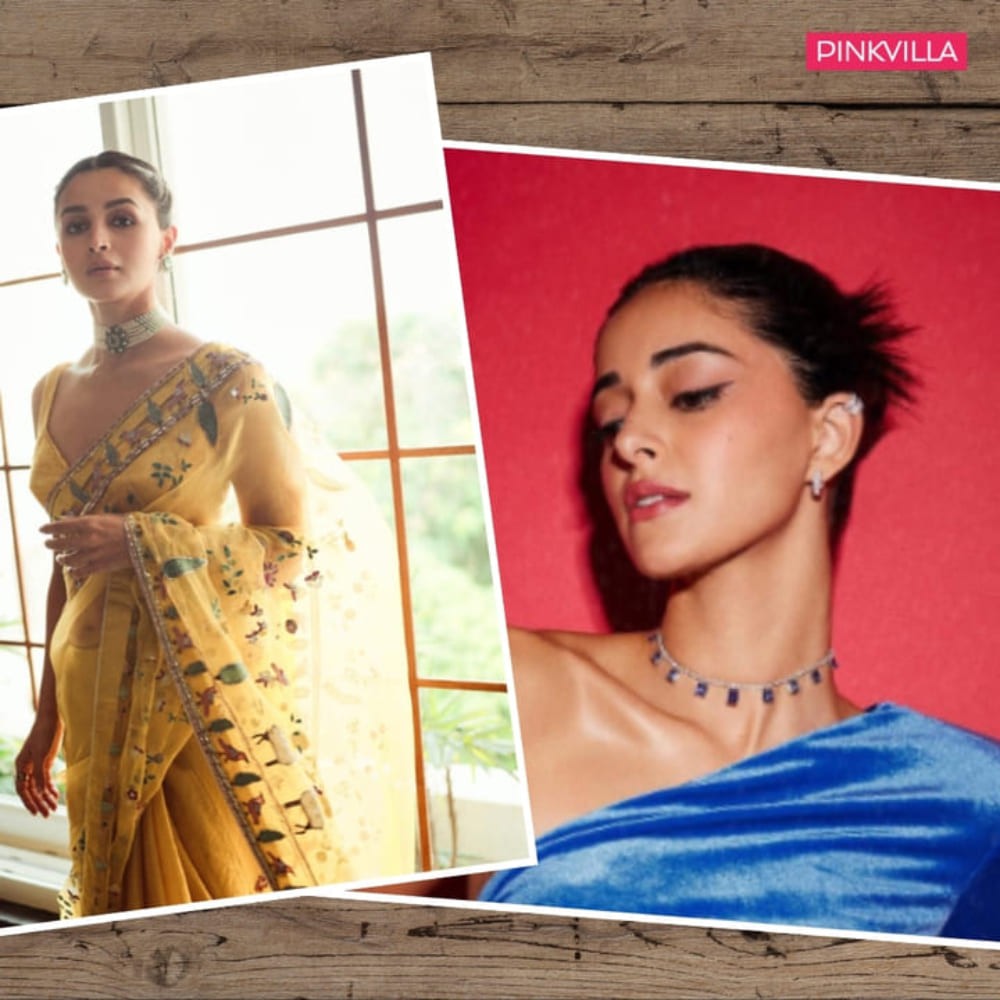Solo but not sorry: 7 Bollywood movies that celebrate singlehood
From heartbreak to healing, these Bollywood films celebrate singlehood not as loneliness but as a powerful path to self-love, freedom and emotional independence.
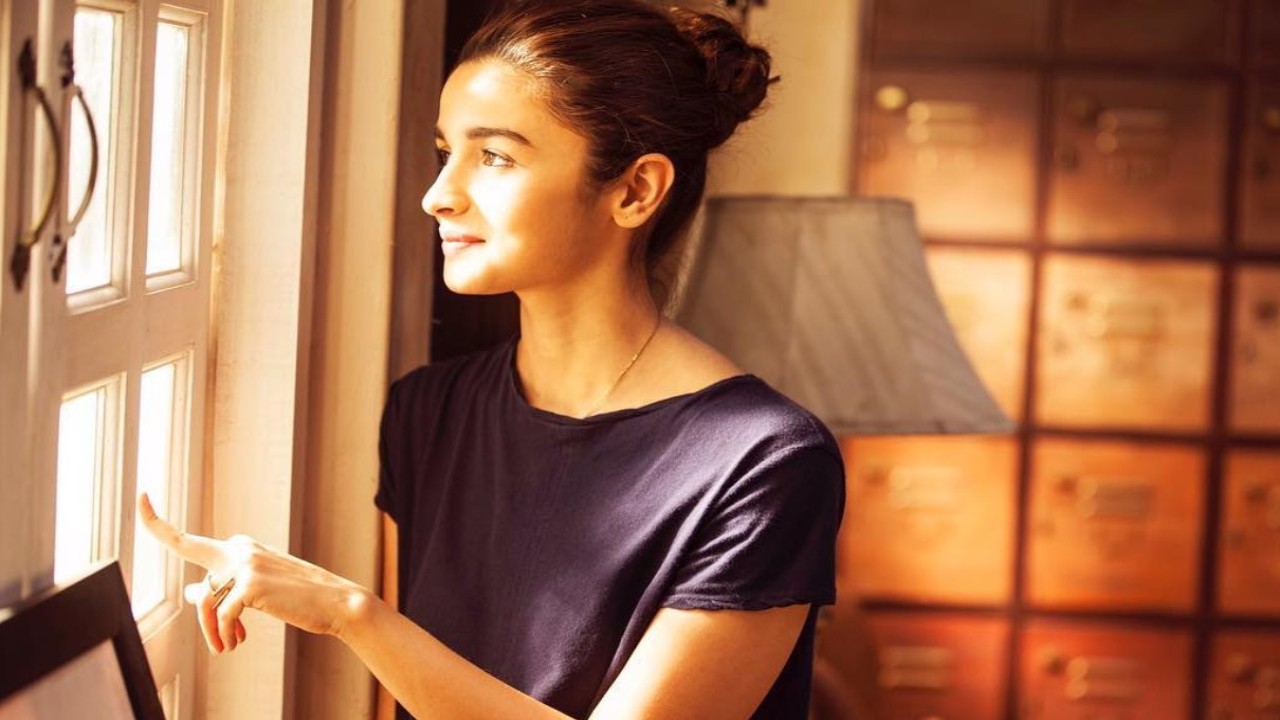
In a world that often glorifies love and companionship, Bollywood is slowly shifting the lens. Its leading ladies are no longer waiting for a Prince Charming to give their lives meaning. Instead, they’re walking alone, confident, self-aware, and content. Films like Dear Zindagi and Piku offer a refreshing take on women who choose themselves first. These stories remind us that singlehood isn’t a compromise; it’s a choice, a space for growth, healing, and freedom.
Dear Zindagi
Alia Bhatt’s character Kaira in Dear Zindagi is young, ambitious, and emotionally tangled. As she juggles career struggles and failed relationships, the film zooms in on something Bollywood rarely explores—mental health. Enter Shah Rukh Khan as Dr. Jehangir, her therapist, who doesn’t swoop in as a romantic hero but as someone who helps her understand herself.
What stands out is that Kaira doesn’t find closure in a new romance. She finds it within. Her singlehood isn’t painted in grey—it’s full of color, hope, and clarity. It’s a reminder that being alone can also be healing, even empowering.
Piku
Deepika Padukone’s Piku lives life on her own terms. She juggles her demanding job and her aging father’s needs with quiet strength. She’s not searching for a partner. She’s not portrayed as “incomplete” without one. Instead, her character is built with depth, independence, and occasional emotional chaos—just like real women.
Her equation with Irrfan Khan’s Rana is beautifully subtle. There's mutual respect, some unspoken affection, but no desperate love story. Piku shows us that a woman’s journey doesn’t need to be validated by a man standing at the finish line. Sometimes, walking alone is the most dignified way forward.
Zindagi Na Milegi Dobara
Though not centered on a woman’s journey alone, Zindagi Na Milegi Dobara presents a crucial perspective on love and timing through its characters. The film gently nudges us to slow down, live fully, and let things happen at their own pace. It tells us that love, when forced, loses its essence.
Katrina Kaif’s Laila lives by that principle. She chooses the present, travels freely, loves fearlessly, and reminds us that you don’t have to chase permanence. Sometimes, a moment of clarity on a beach in Spain is enough to change your life. It’s not about having someone; it’s about knowing yourself.
Cocktail
Cocktail dives into the complex layers of friendship and romantic confusion. But it’s Veronica, played by Deepika Padukone, who steals the show. Bold, emotionally raw, and unapologetically herself, she’s not your typical romantic heroine. She drinks, she parties, she feels too much, and when love isn’t returned the way she gives it, she breaks but never loses herself.
Veronica shows that being single doesn’t mean being empty. It’s her journey of heartbreak and eventual self-acceptance that makes Cocktail so powerful. She may not get the guy, but she finds something far more lasting: self-worth.
Ae Dil Hai Mushkil
Karan Johar’s Ae Dil Hai Mushkil is messy, emotional, and layered. But within all its heartache lies a strange comfort. The story follows Ayan (Ranbir Kapoor) and Alizeh (Anushka Sharma), two people who can’t be what the other wants. What stands out, though, is how Alizeh never compromises her emotional boundaries.
The film captures the confusion of loving someone who doesn’t love you back—and the peace in accepting that. It might just make you feel grateful to be single. Because sometimes, loving yourself is safer than being stuck in one-sided love.
Thappad
In Thappad, Taapsee Pannu’s Amrita is married and seems to have a settled life—until a single slap at a party changes everything. What follows isn’t revenge, but self-realization. Amrita chooses to walk away from a toxic marriage, not out of anger, but out of self-respect.
Her decision to file for divorce and raise her child alone is not portrayed as a tragedy but as a quiet revolution. Thappad powerfully shows that being single after a marriage doesn’t equate to failure—it can be a fresh start. Her courage to leave makes it one of the strongest portrayals of emotional independence in recent cinema.
Queen
You can’t talk about singlehood in Bollywood without mentioning Queen. Rani (Kangana Ranaut), jilted by her fiancé, chooses to go on her honeymoon alone. What begins as an escape becomes a journey of liberation. From Paris to Amsterdam, she unlearns fear and rediscovers herself.
There’s no romantic savior. No emotional dependence. Just a girl on the road, finding joy in the chaos. Rani doesn’t return as someone who’s “better” for a man—she comes back as someone better for herself.
These films don’t treat singlehood as a temporary glitch in a woman’s life. Instead, they celebrate it as a phase—or even a destination—filled with growth, agency, and peace. Whether it’s a breakup, a divorce, or a conscious choice to stay single, the message is loud and clear: you can be whole all by yourself.





 JOIN OUR WHATSAPP CHANNEL
JOIN OUR WHATSAPP CHANNEL